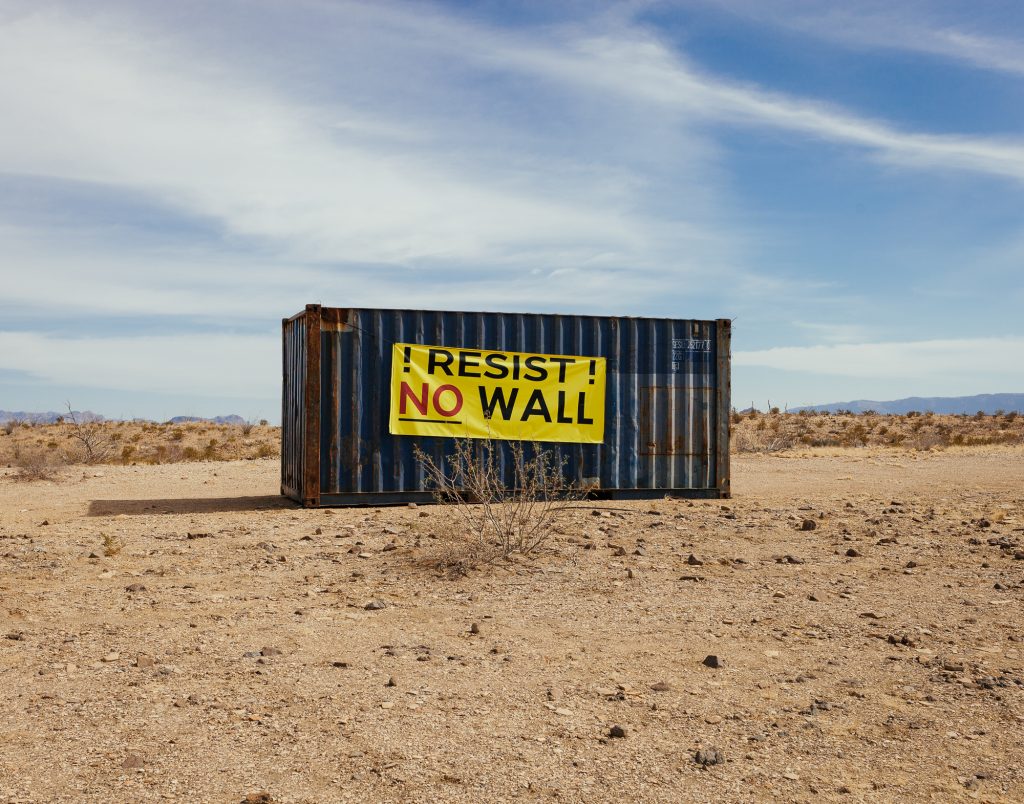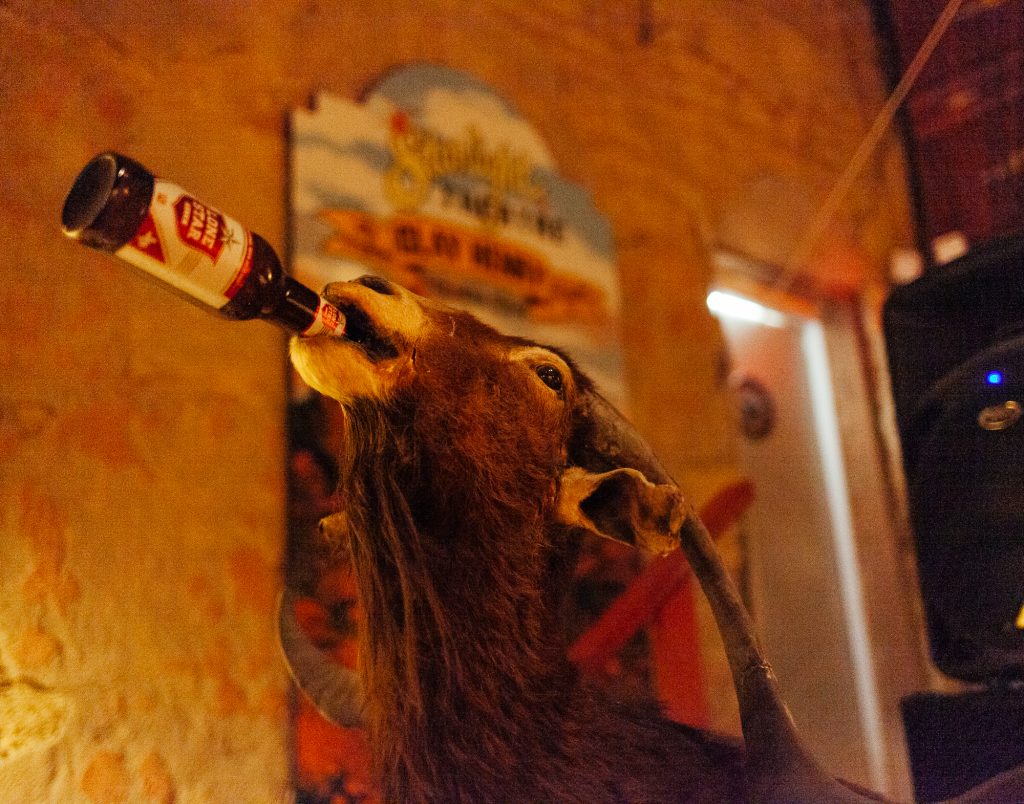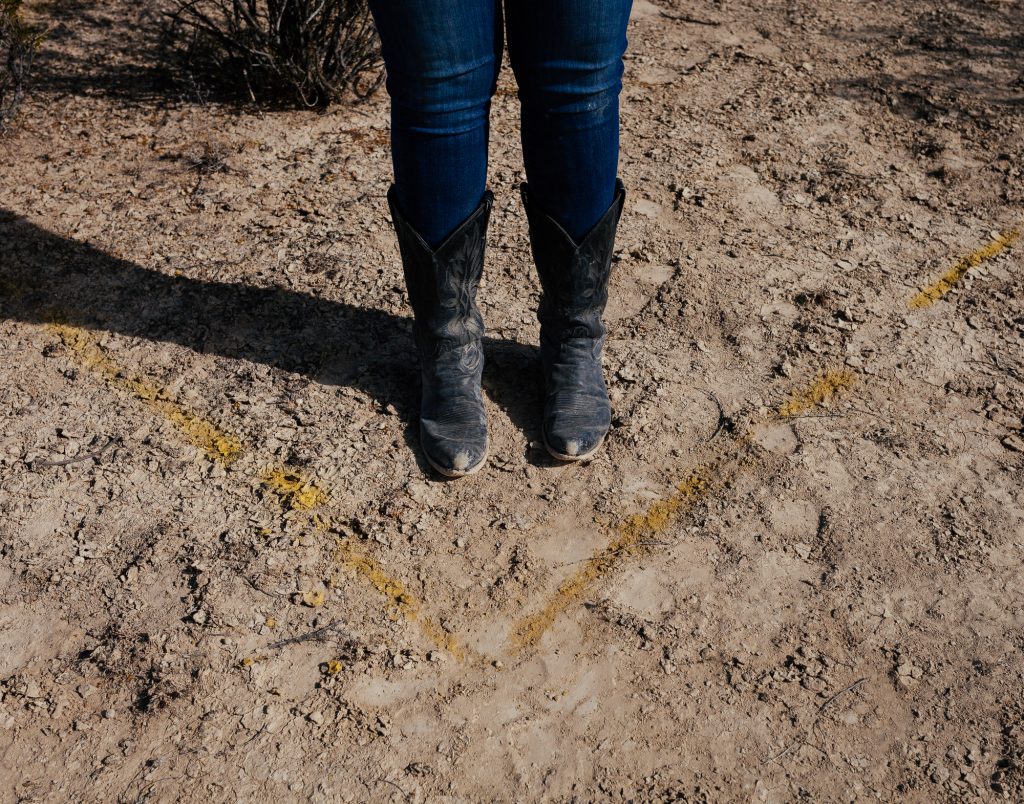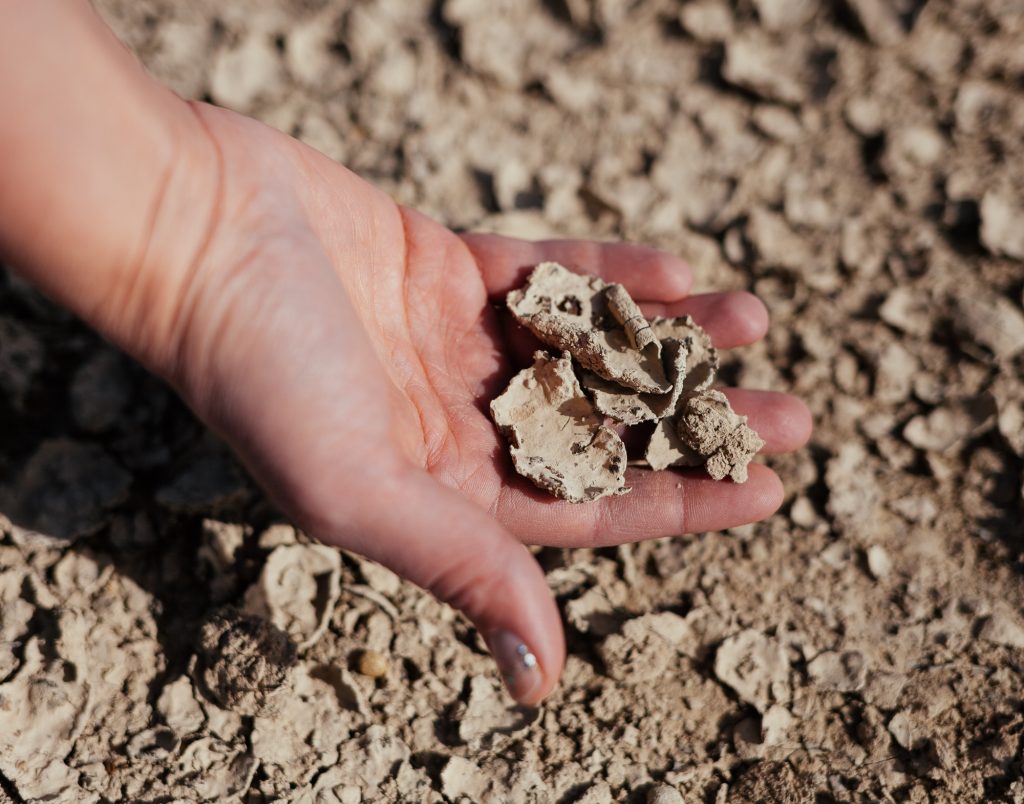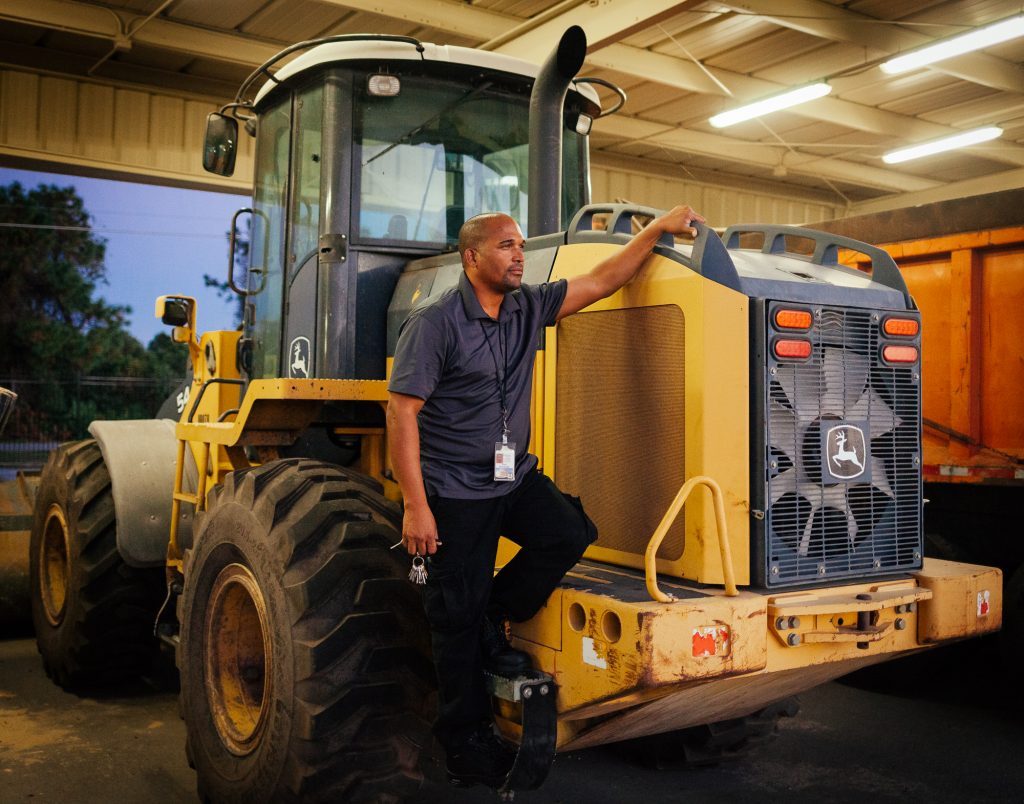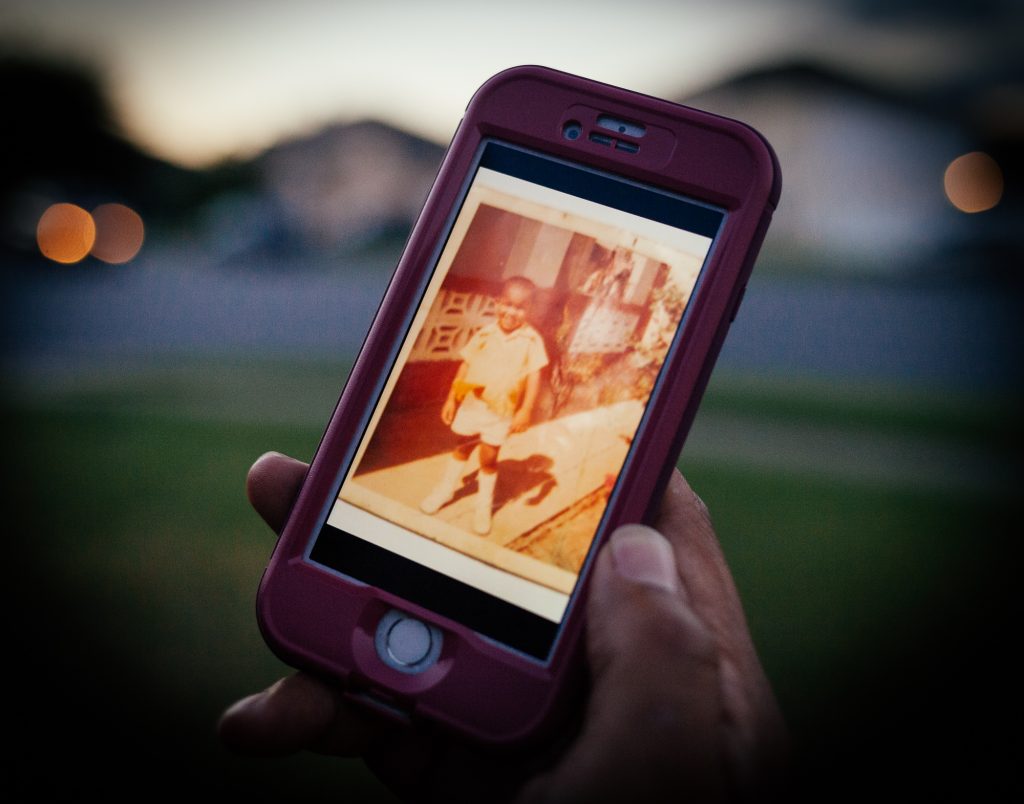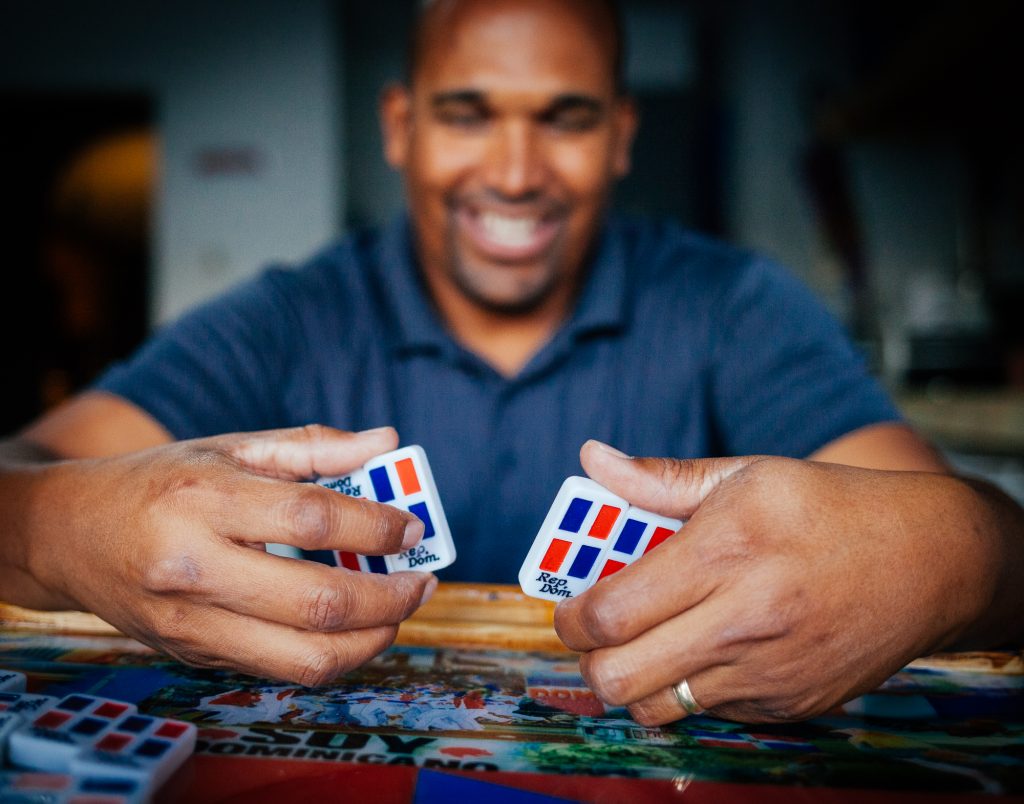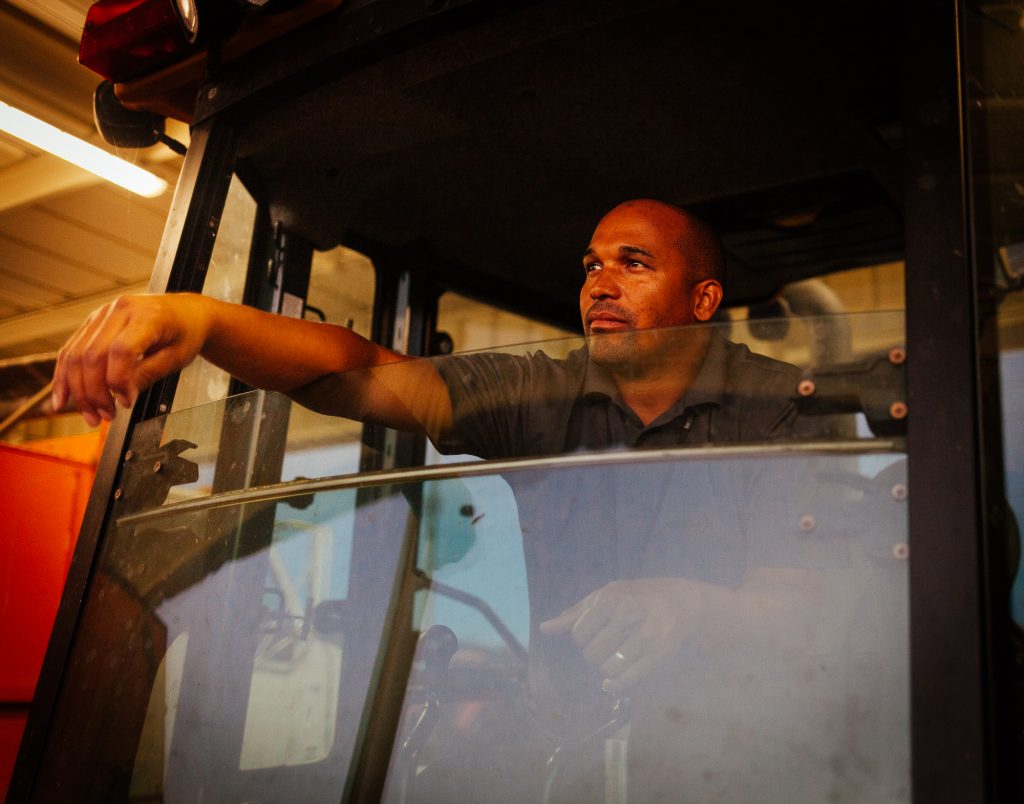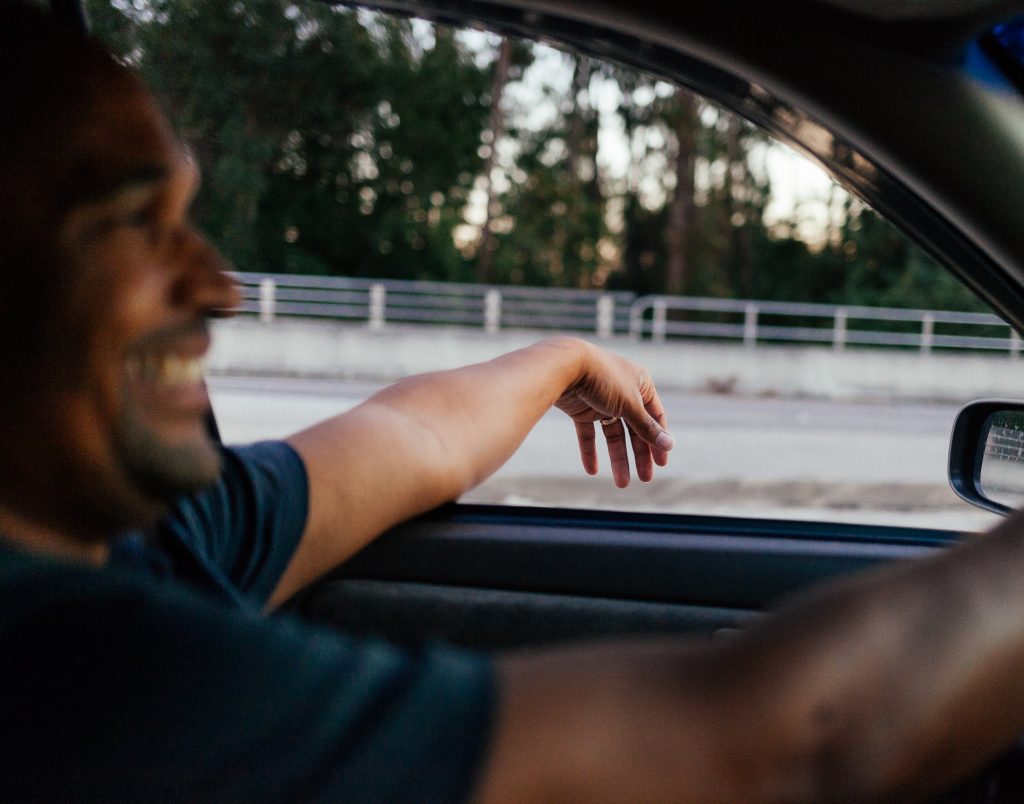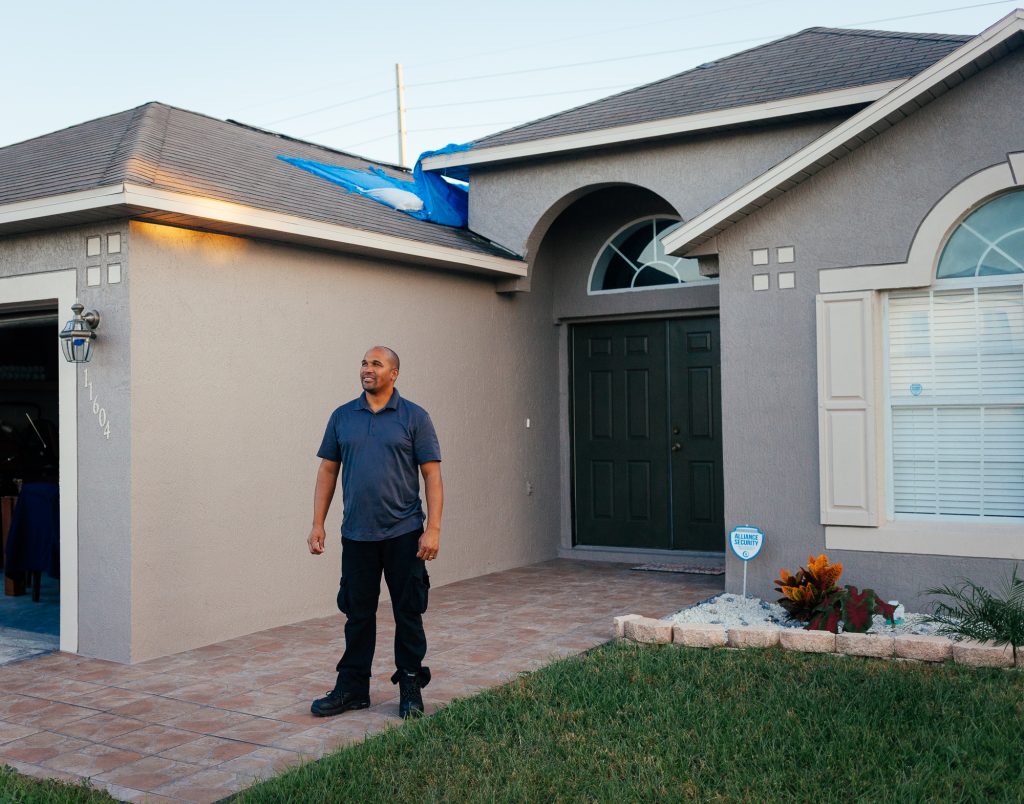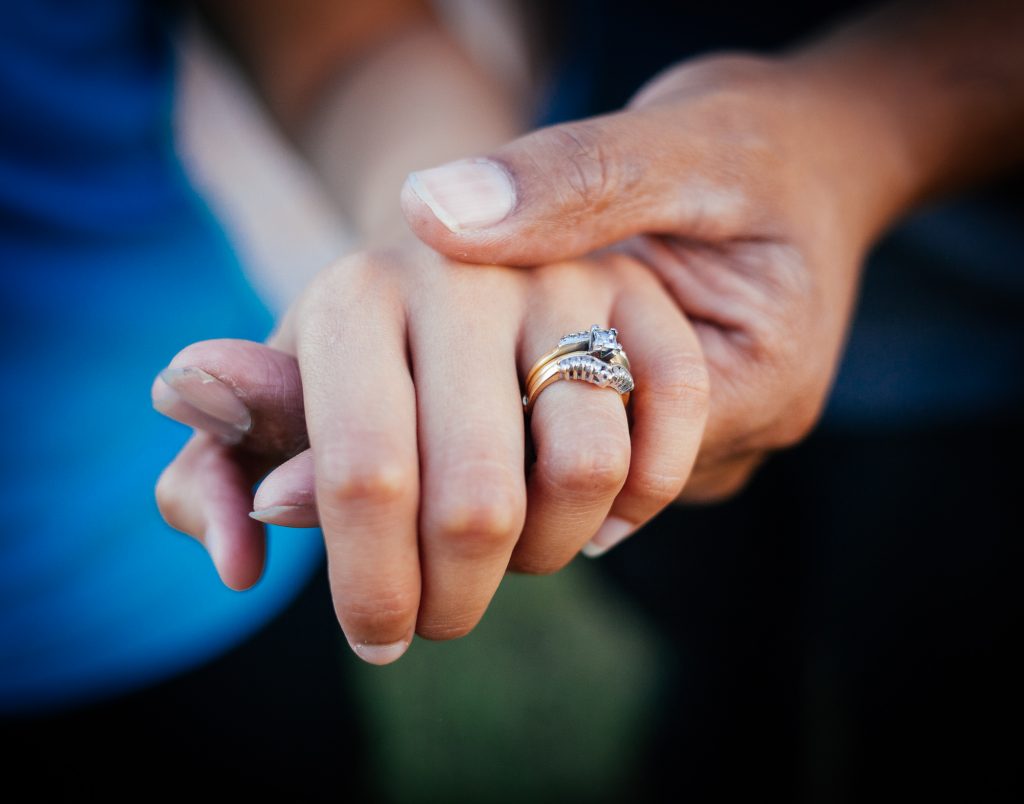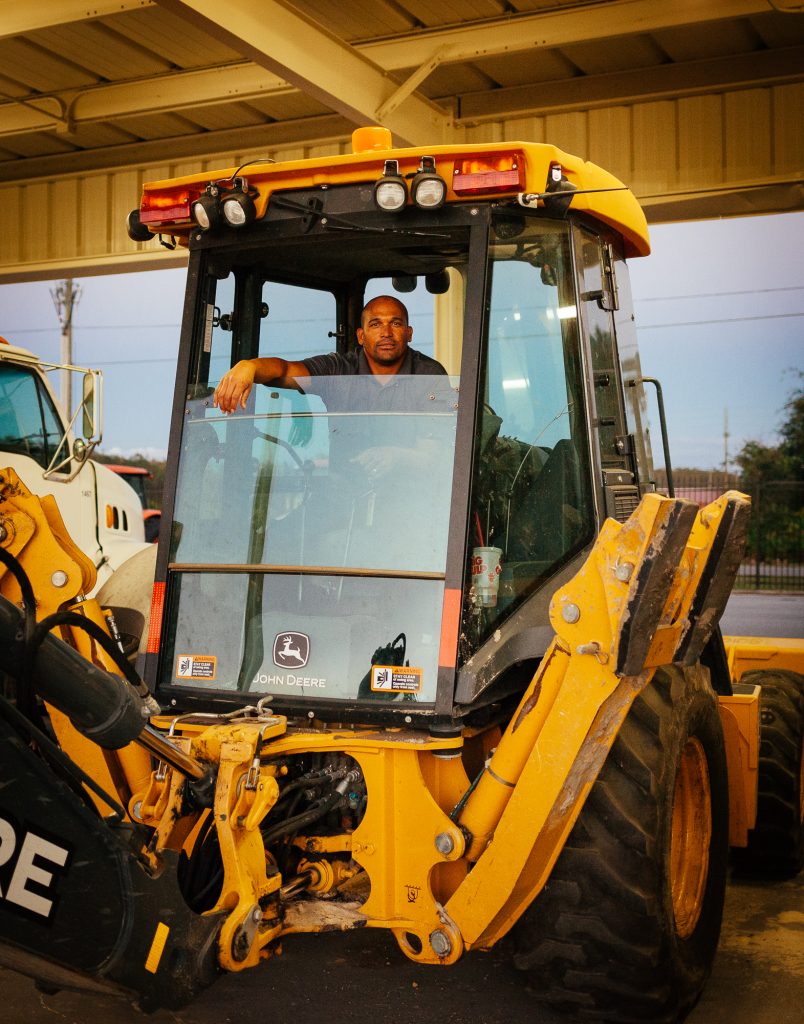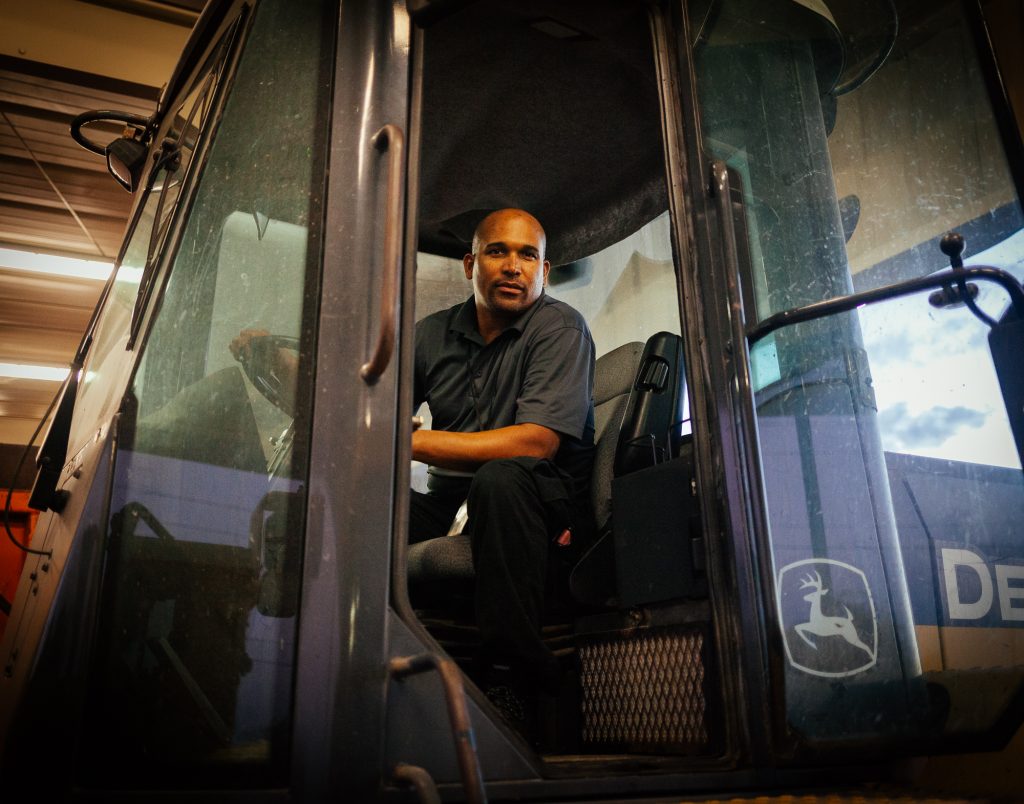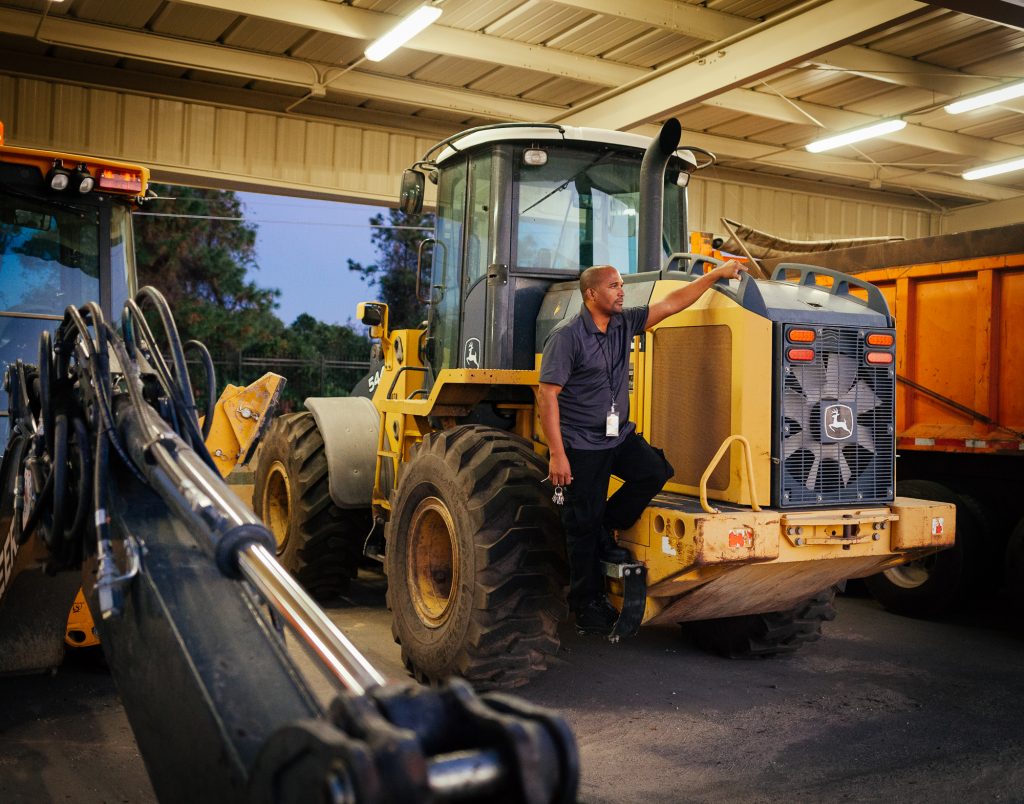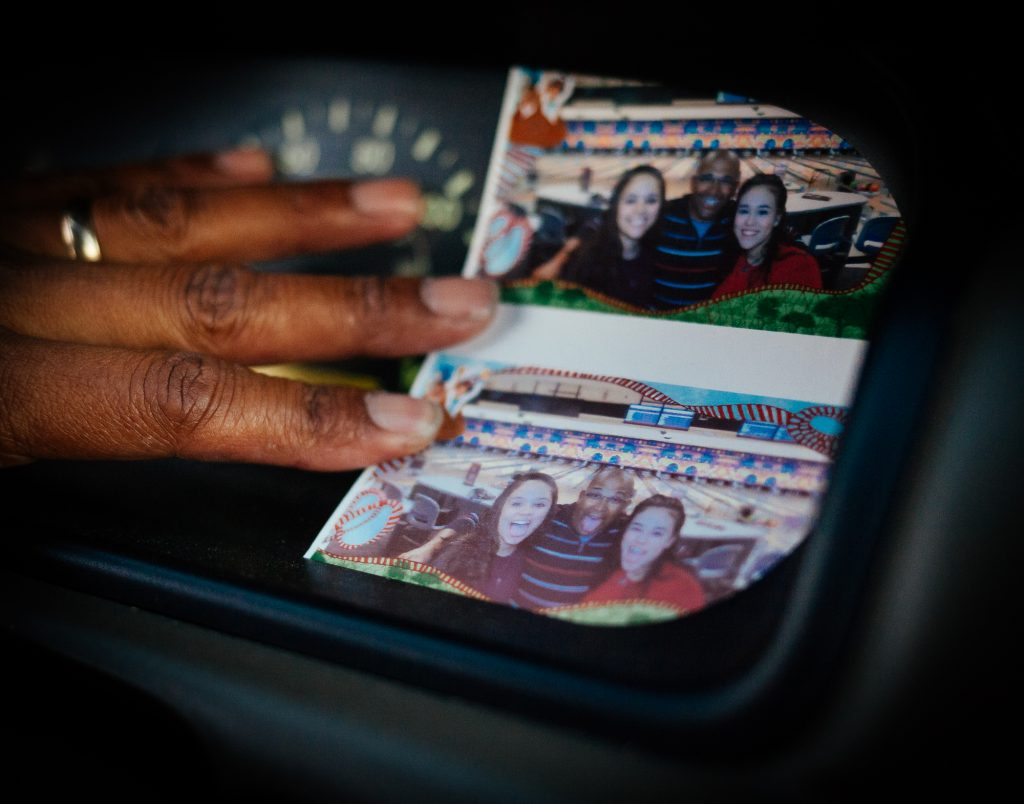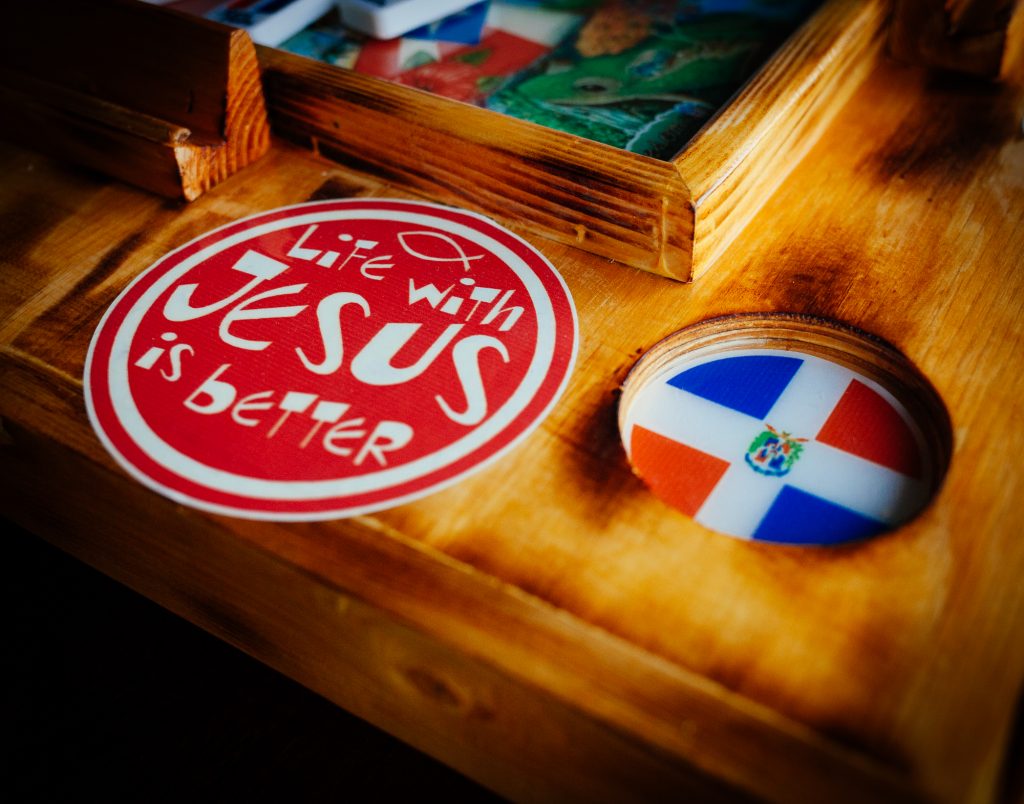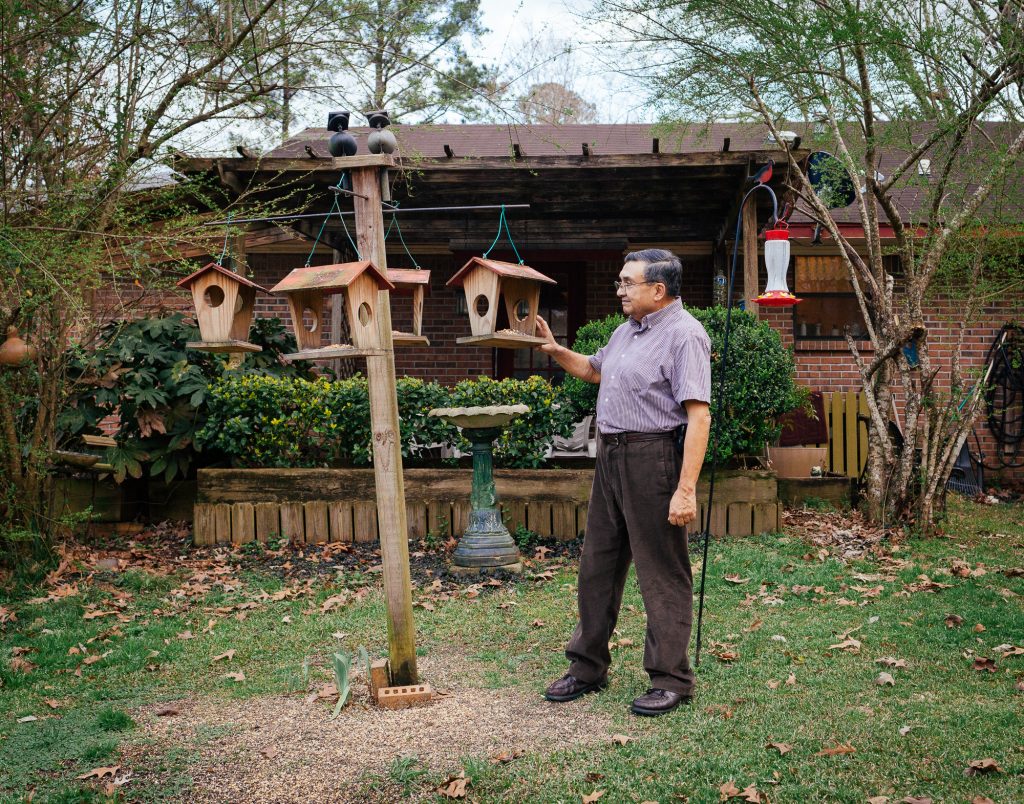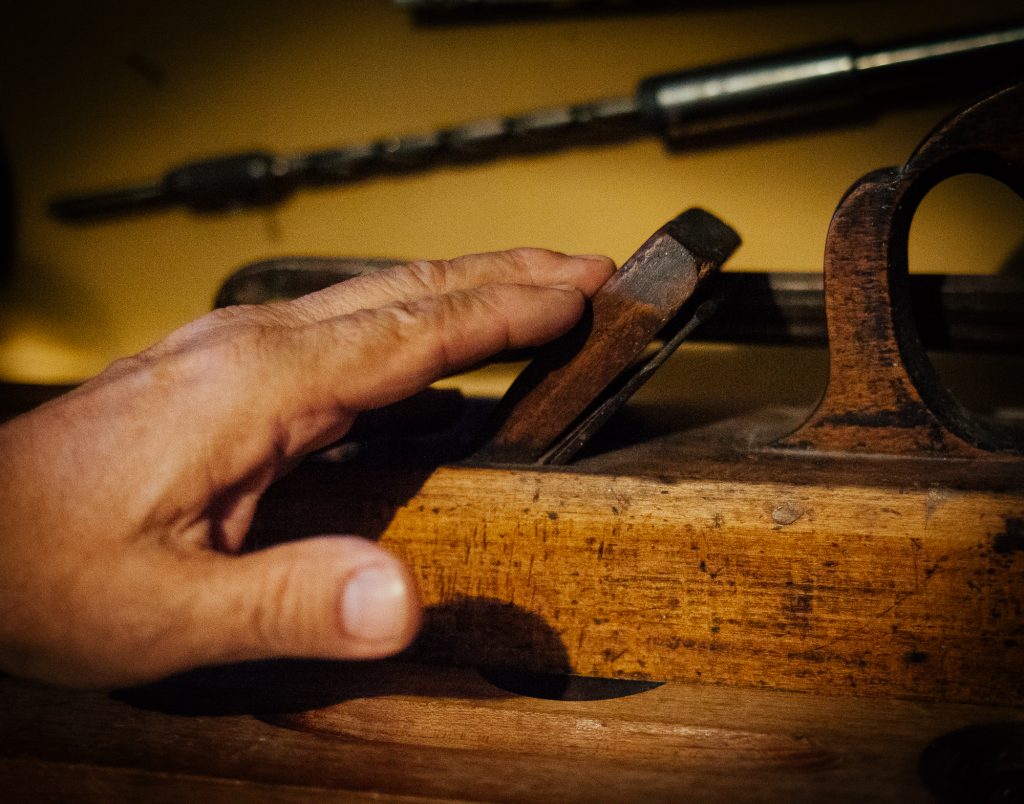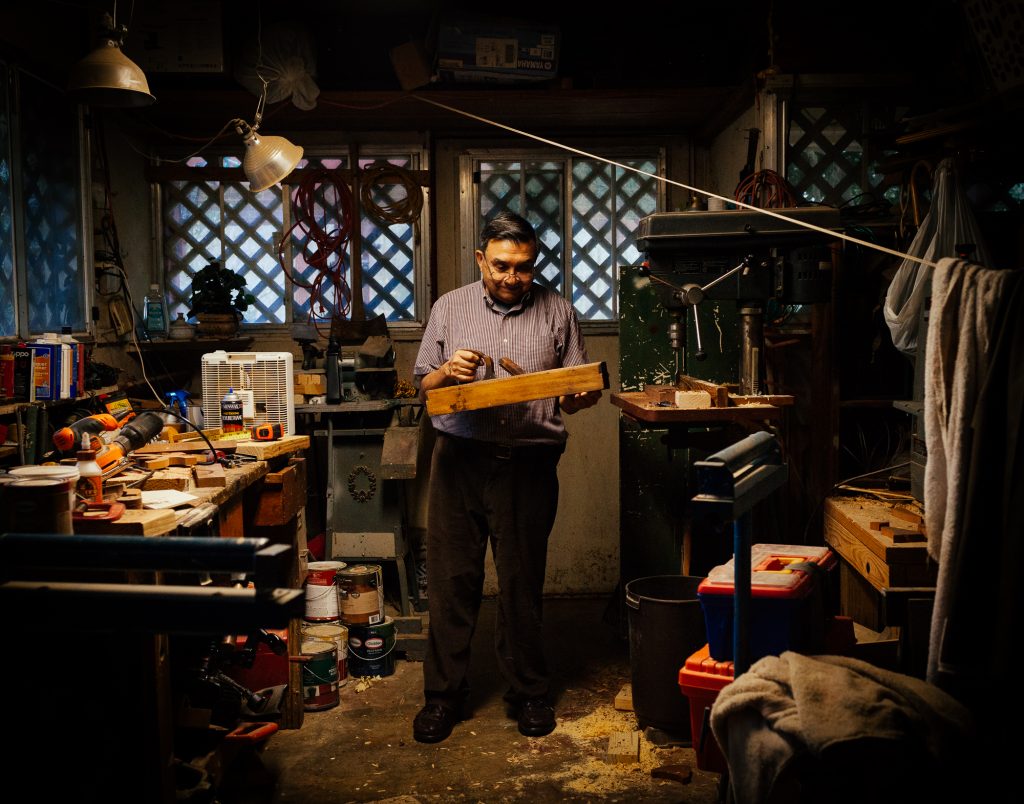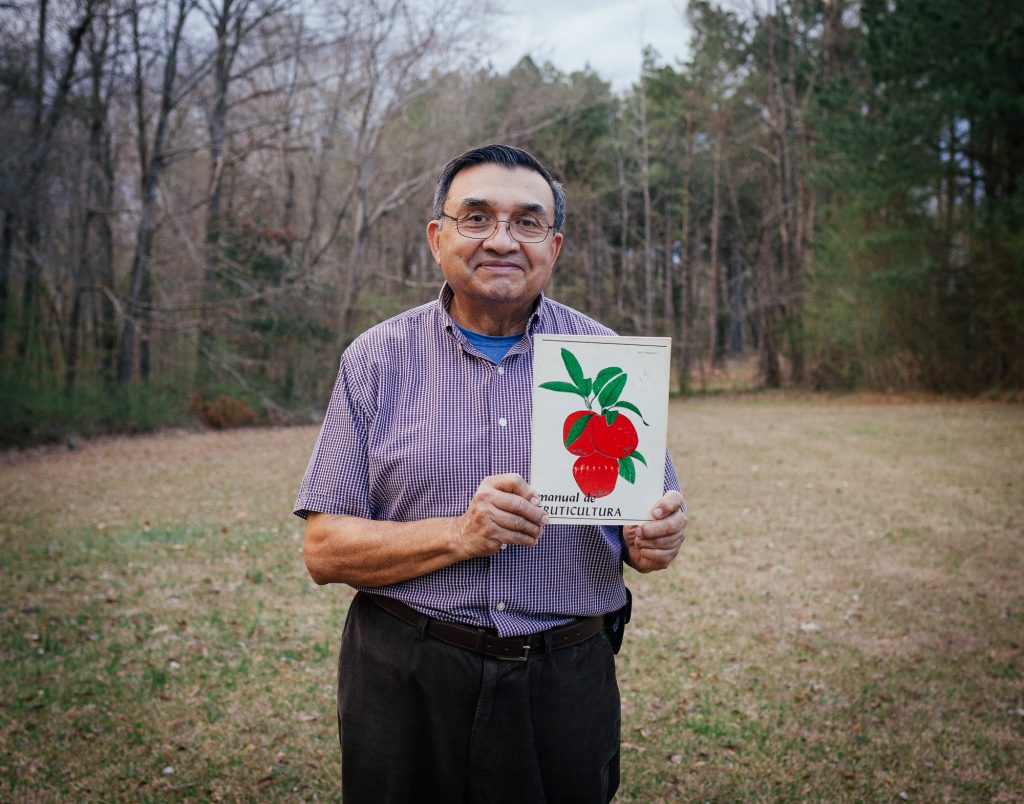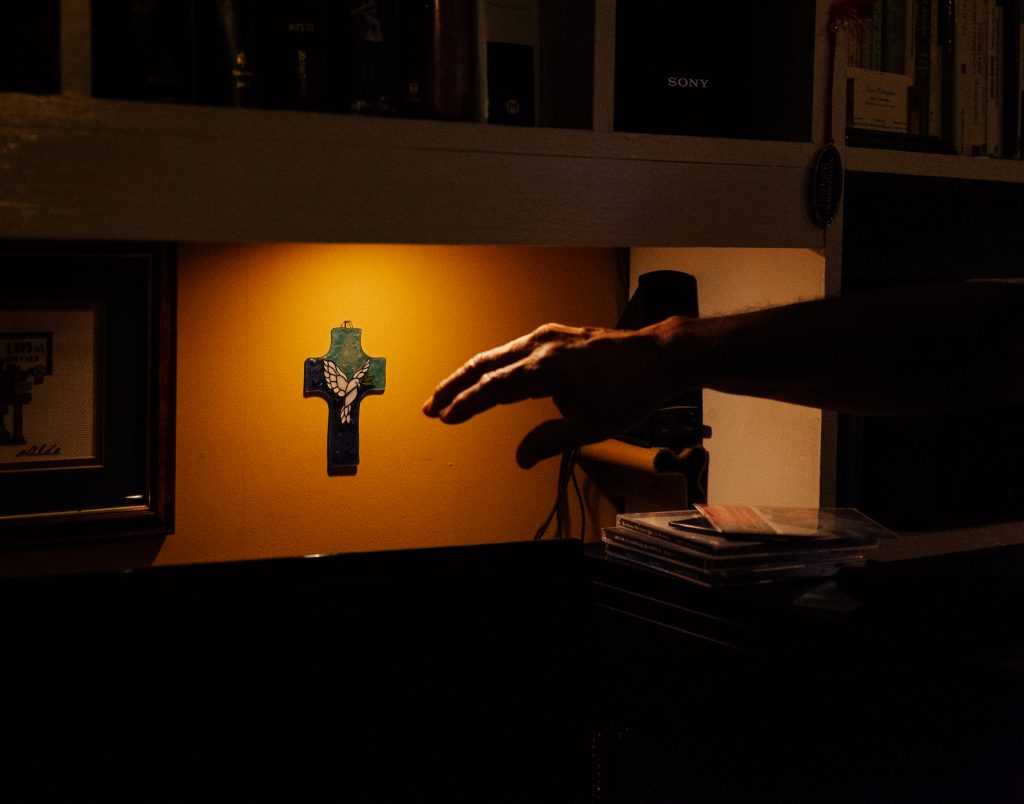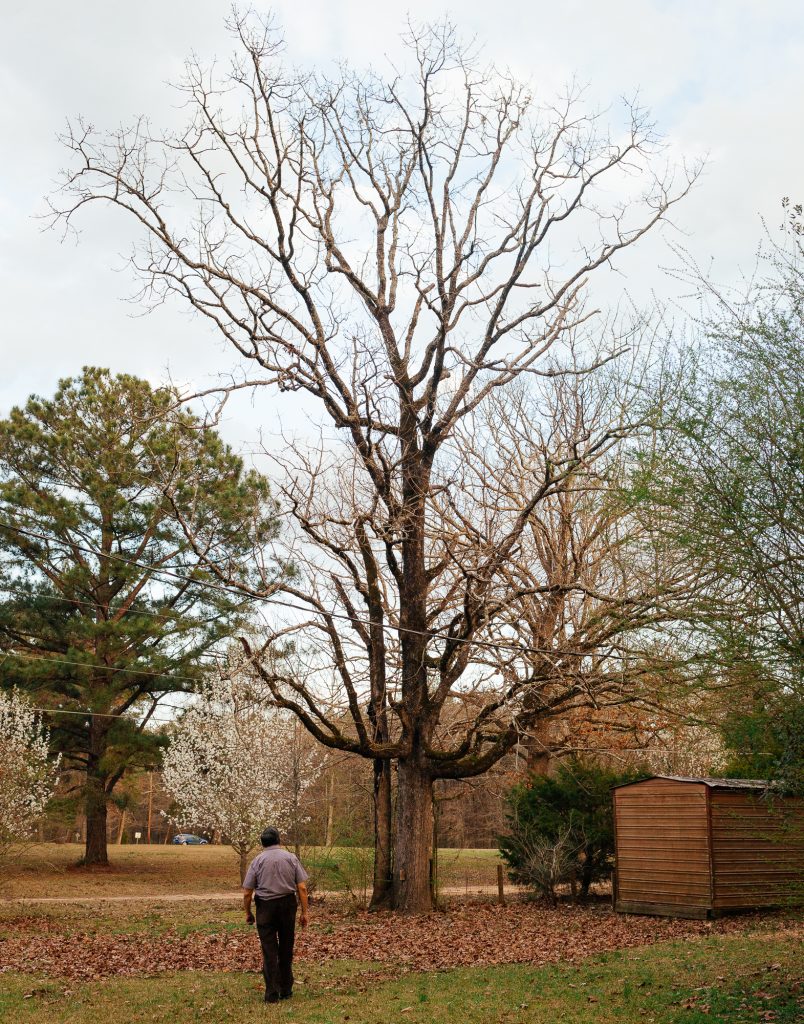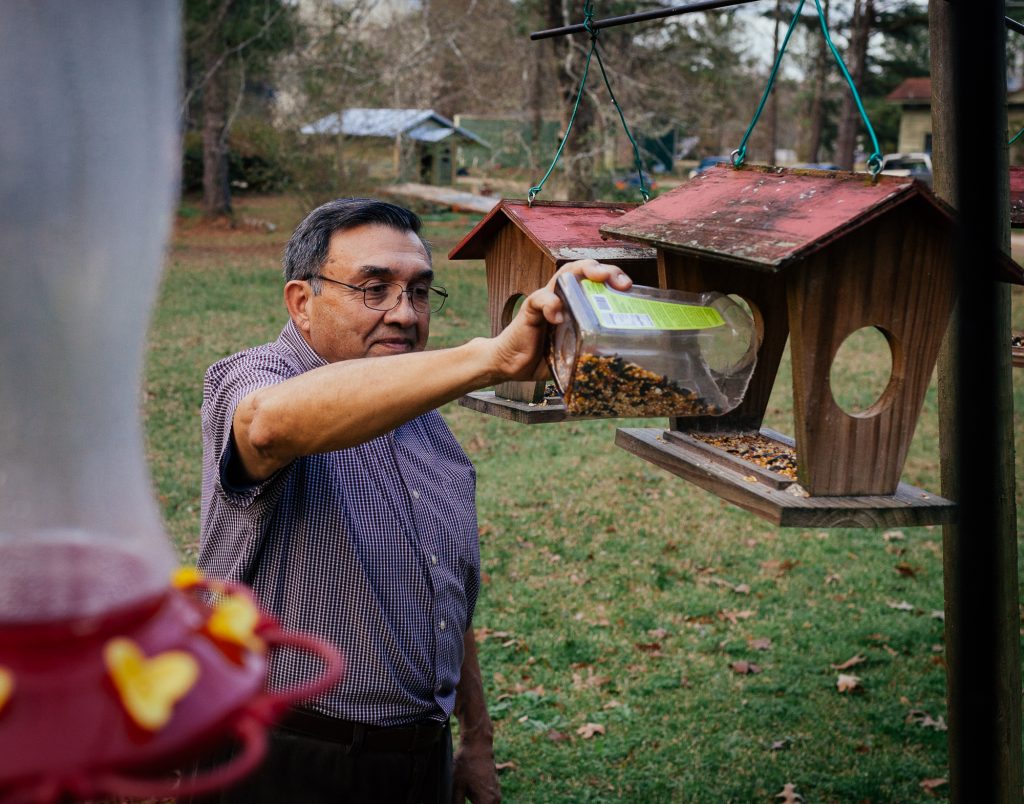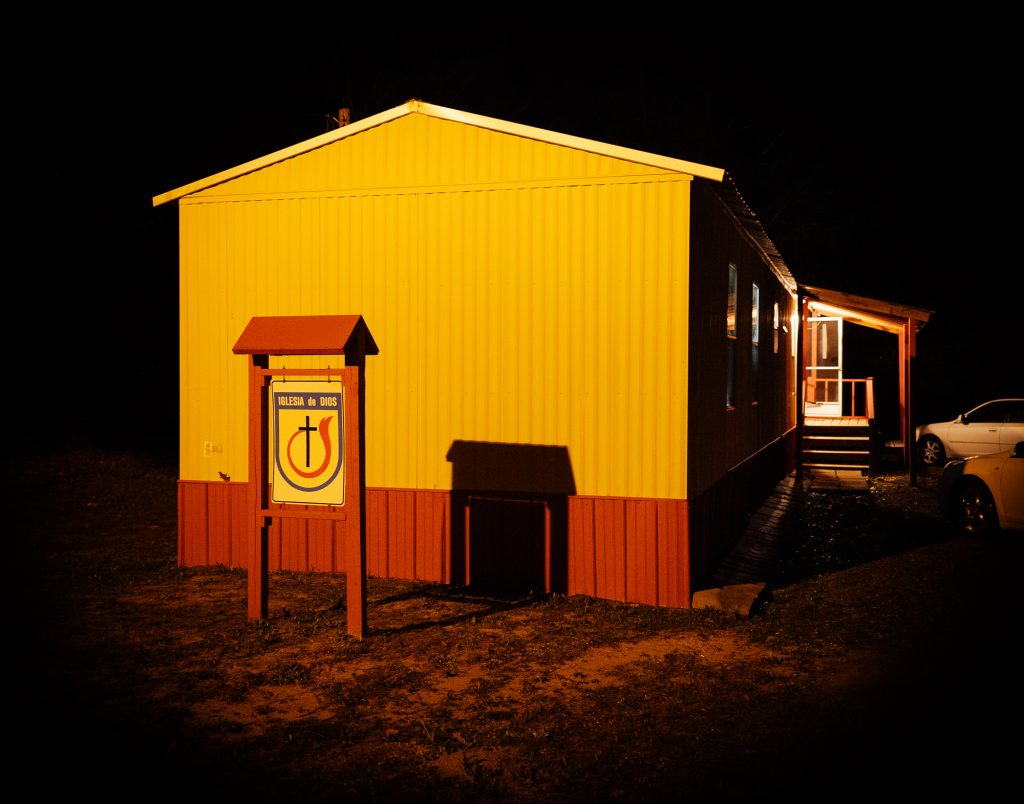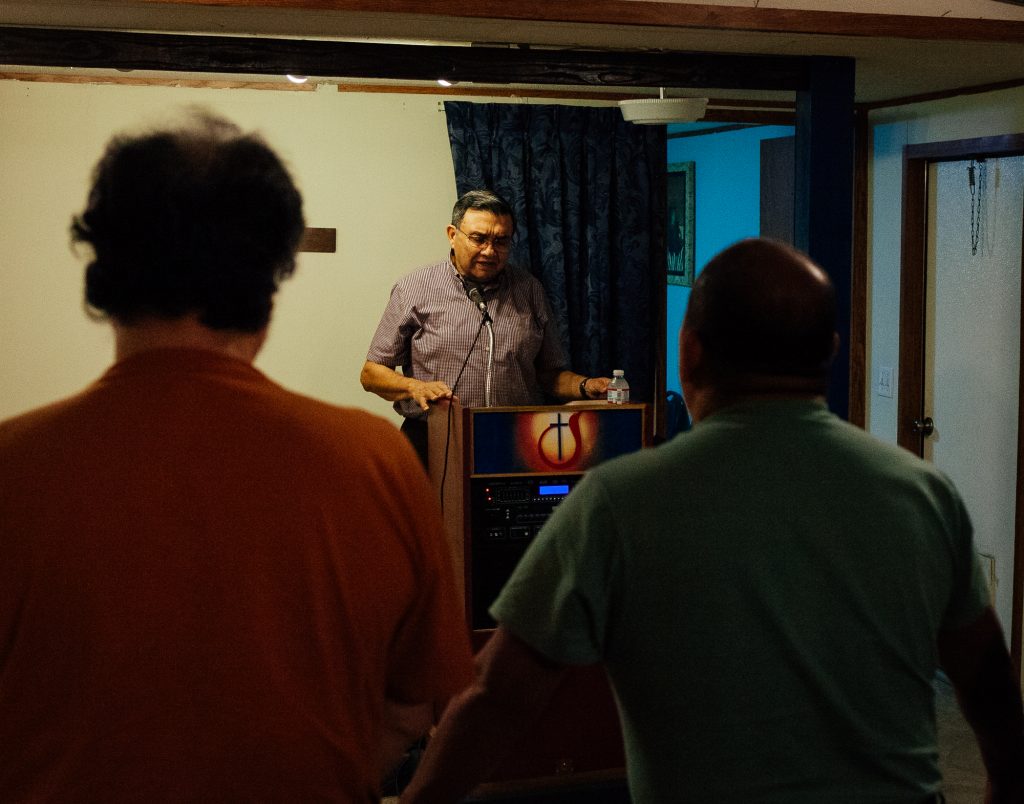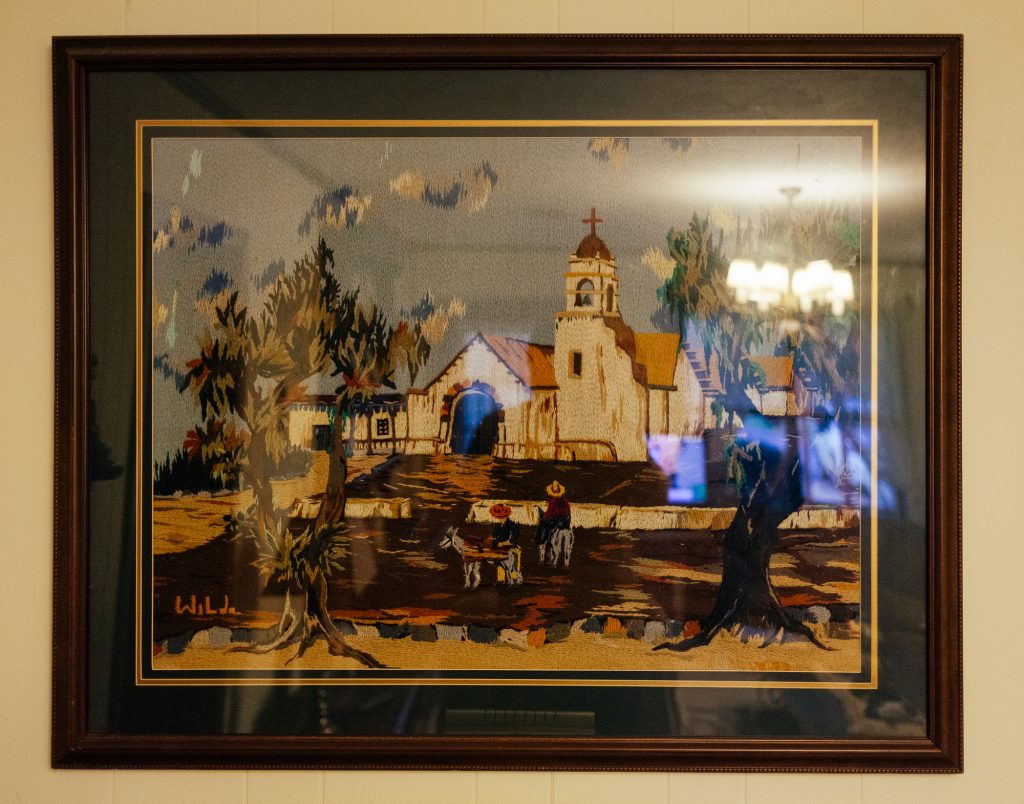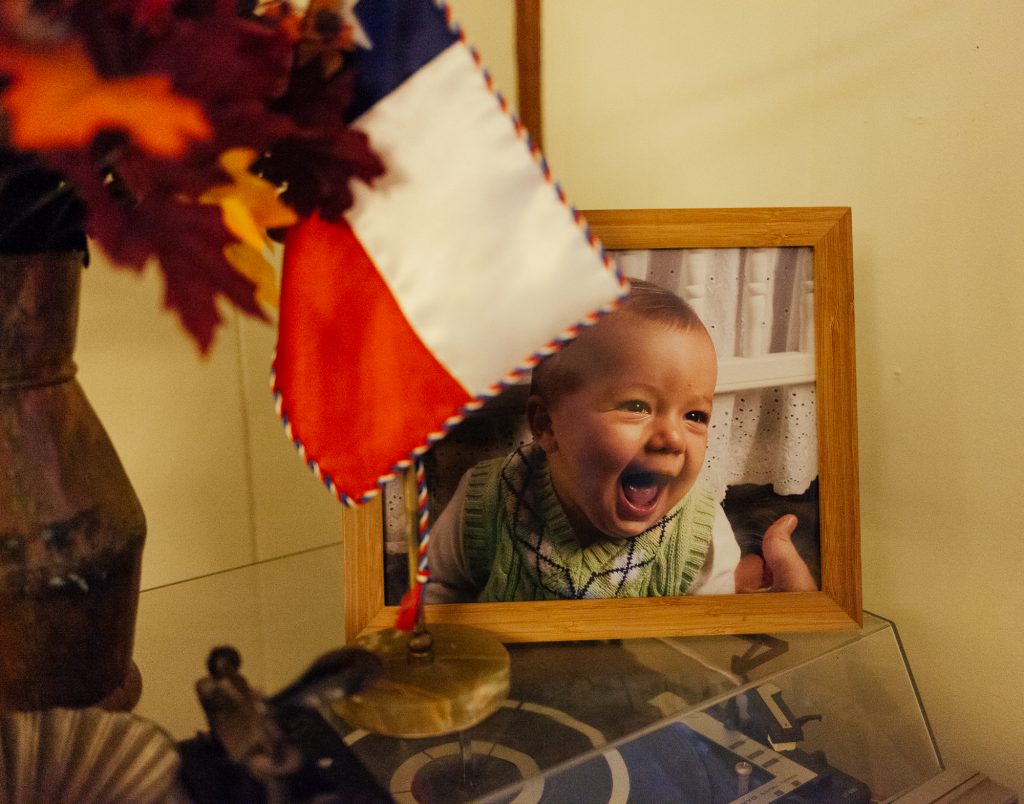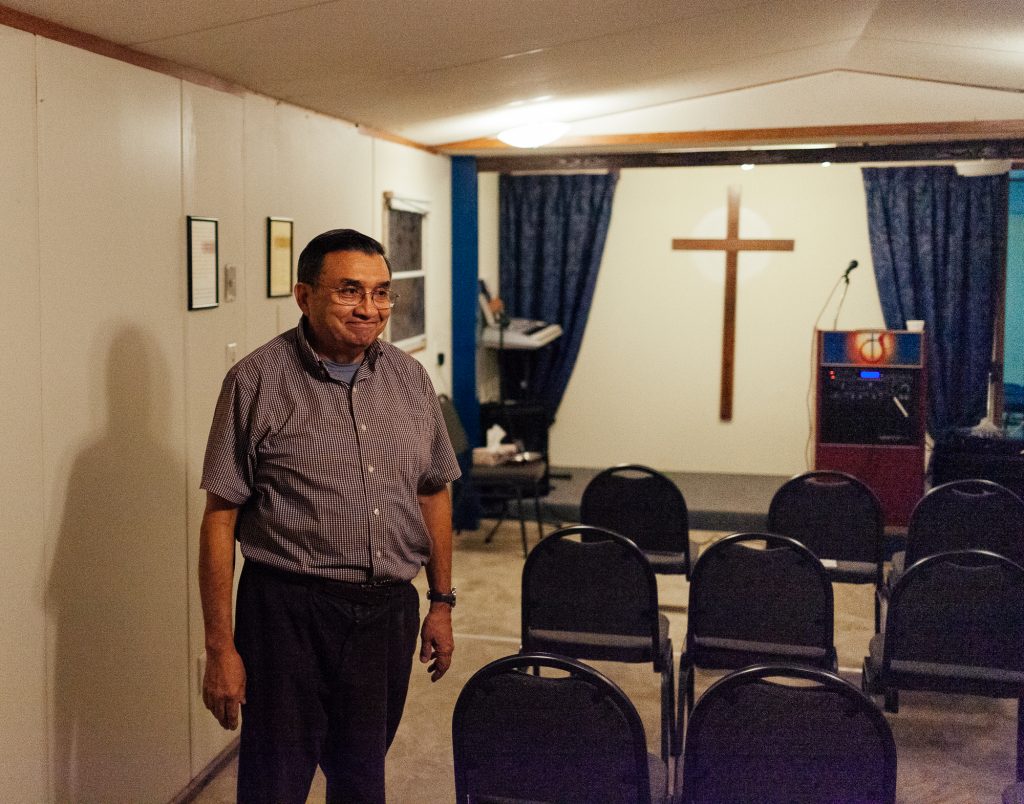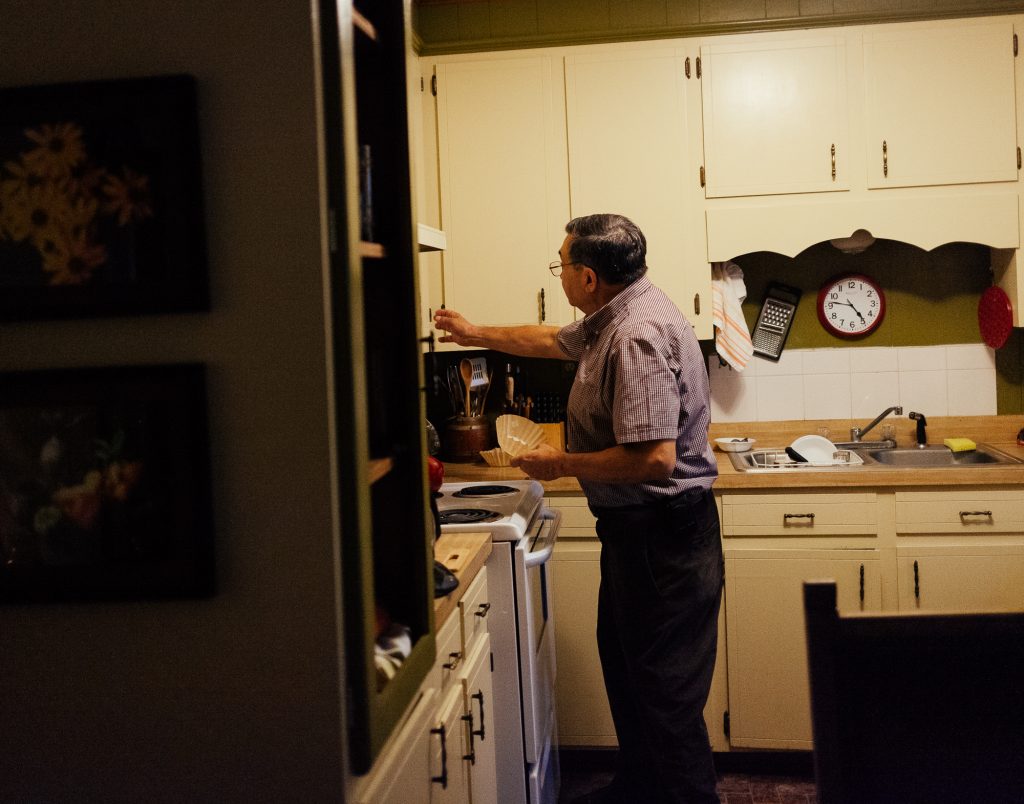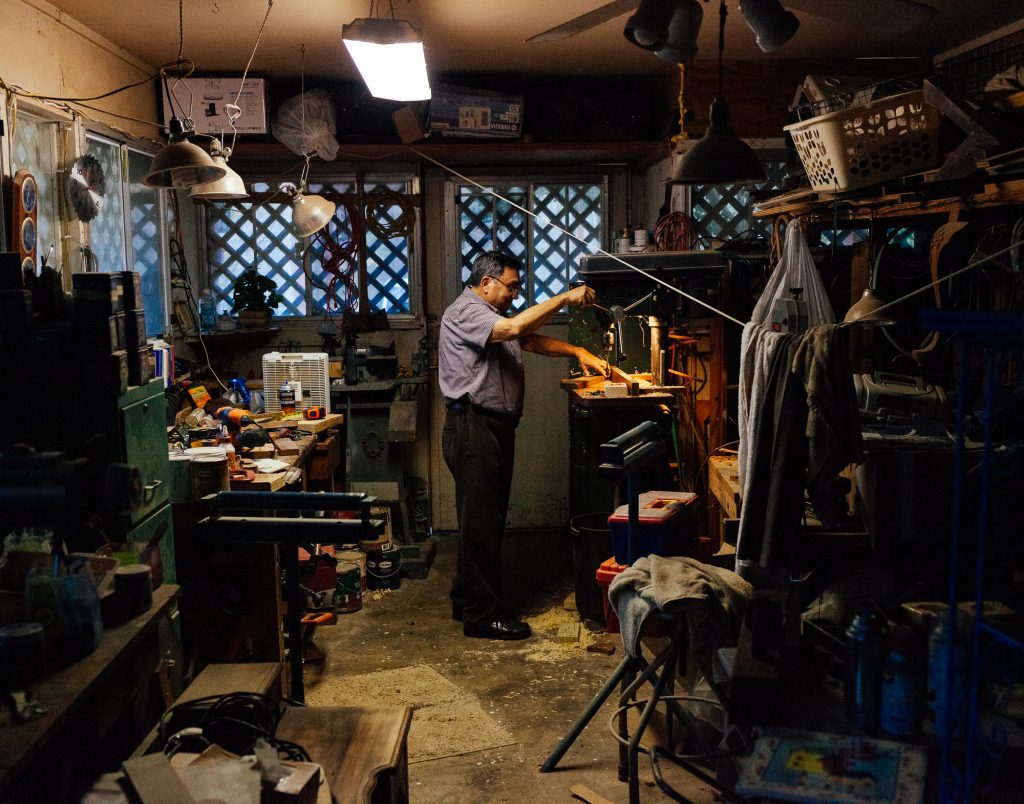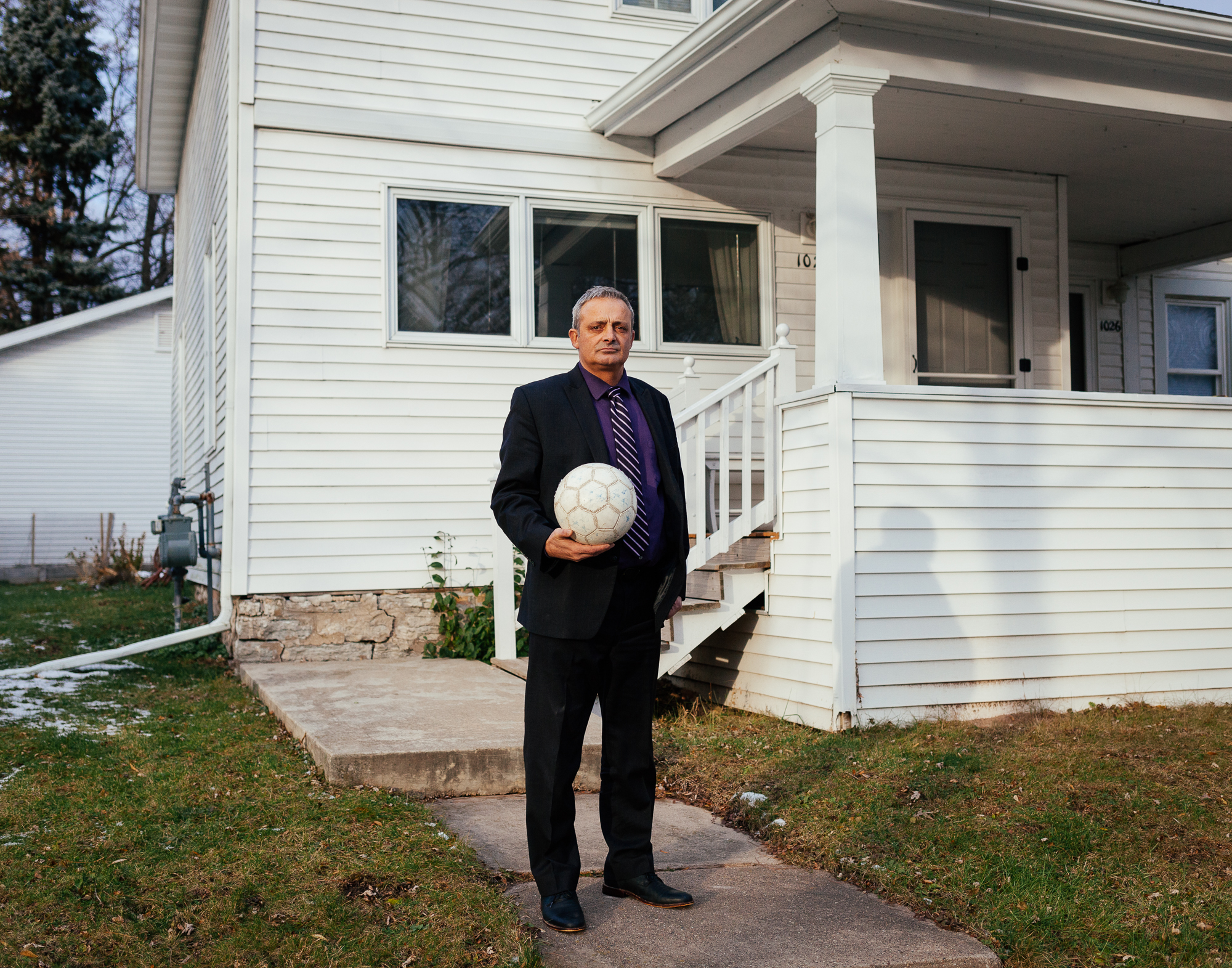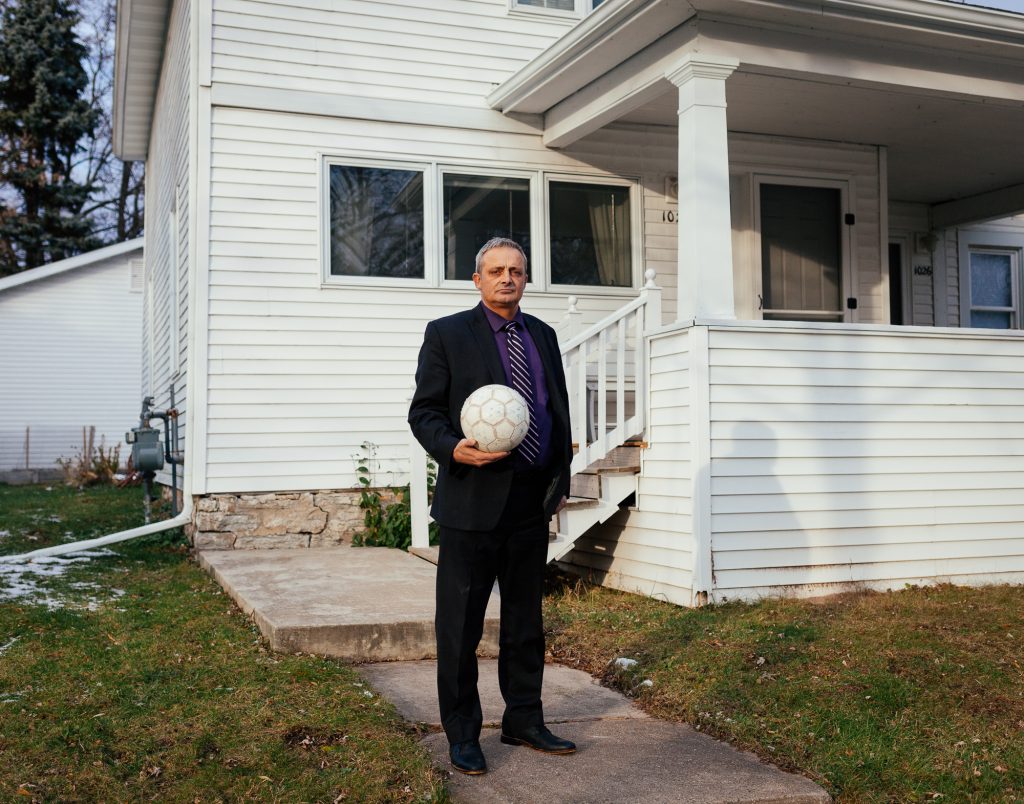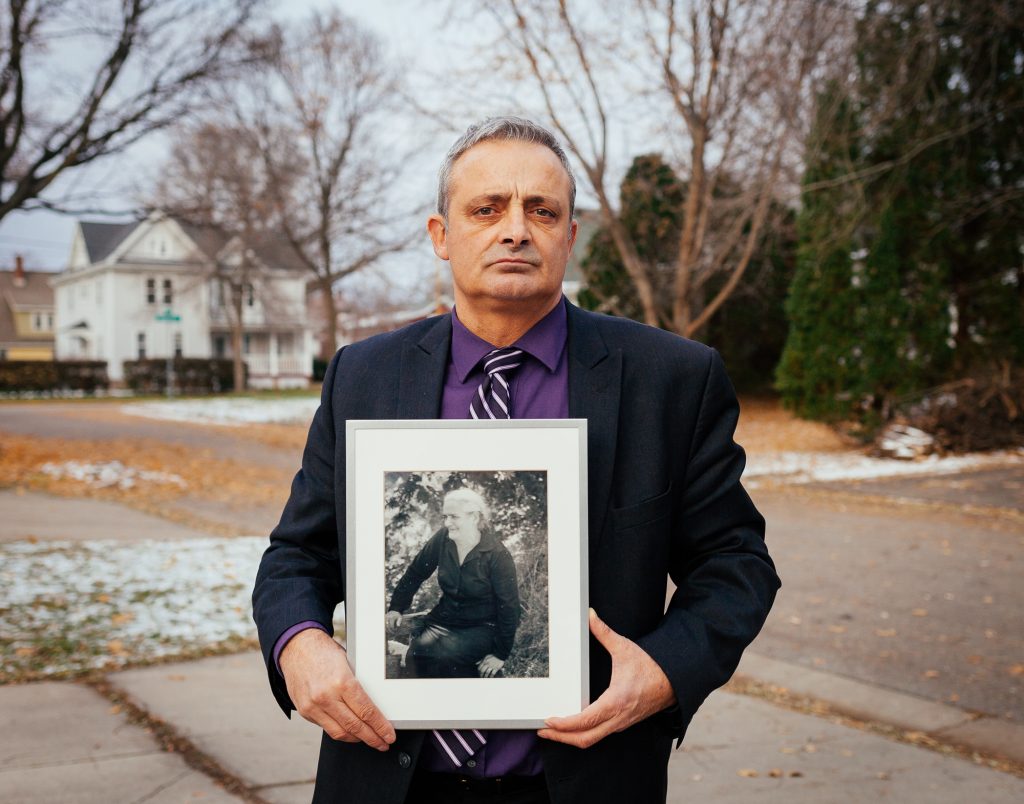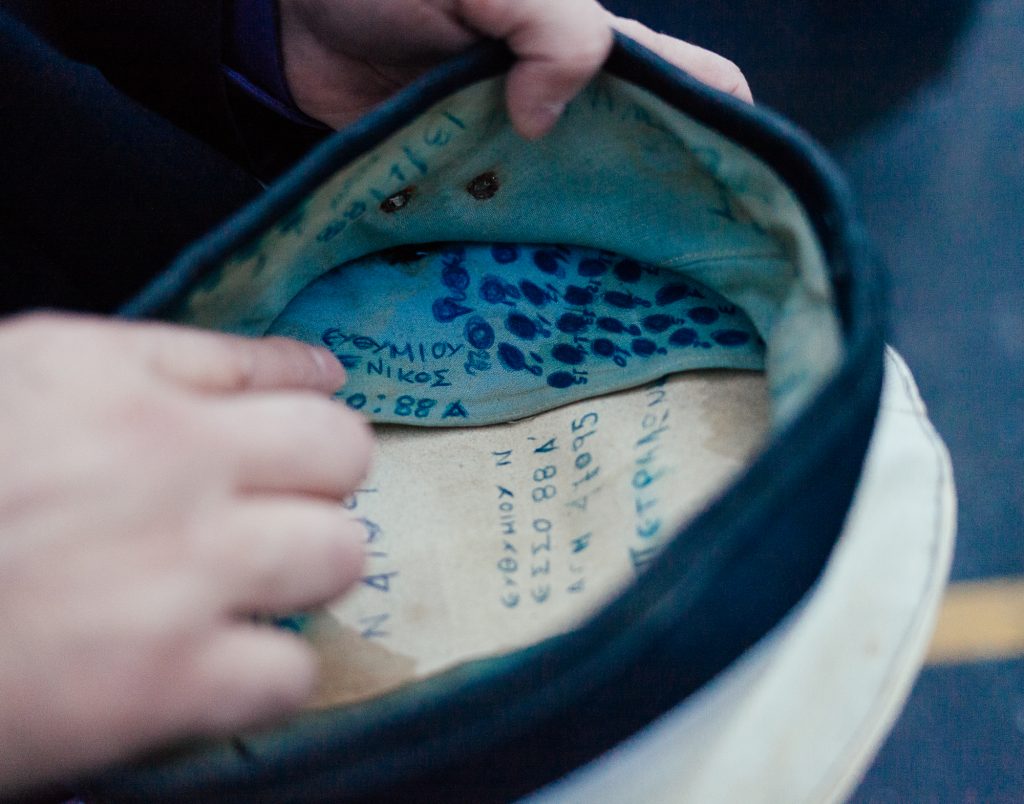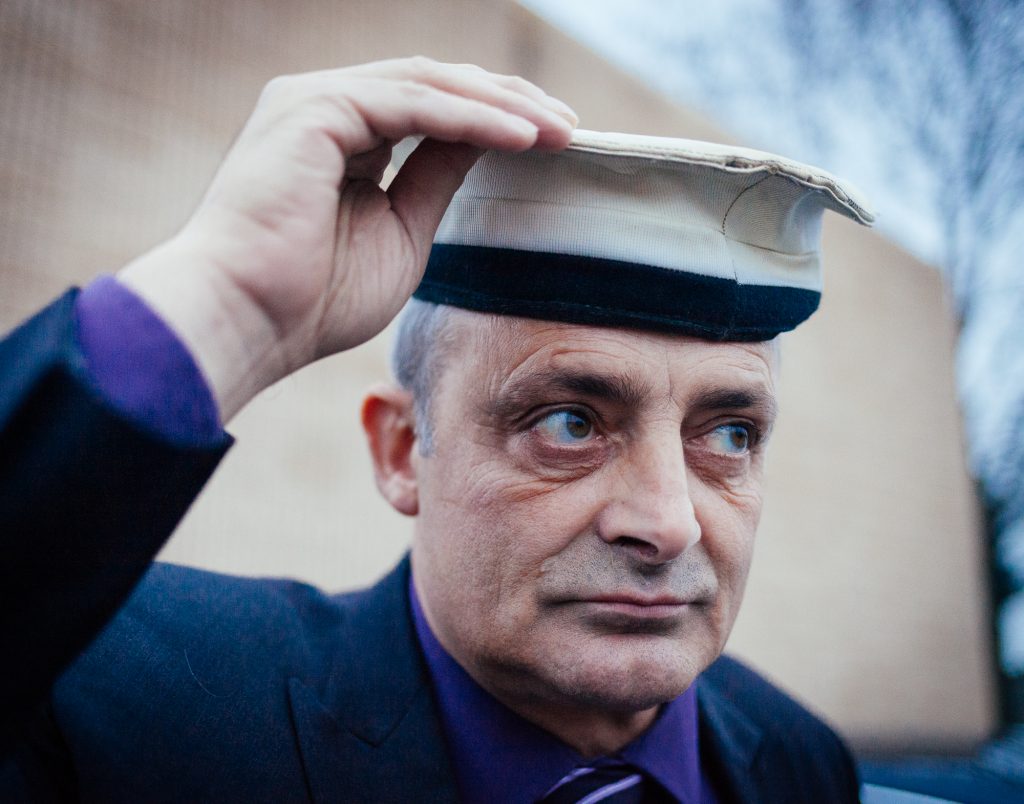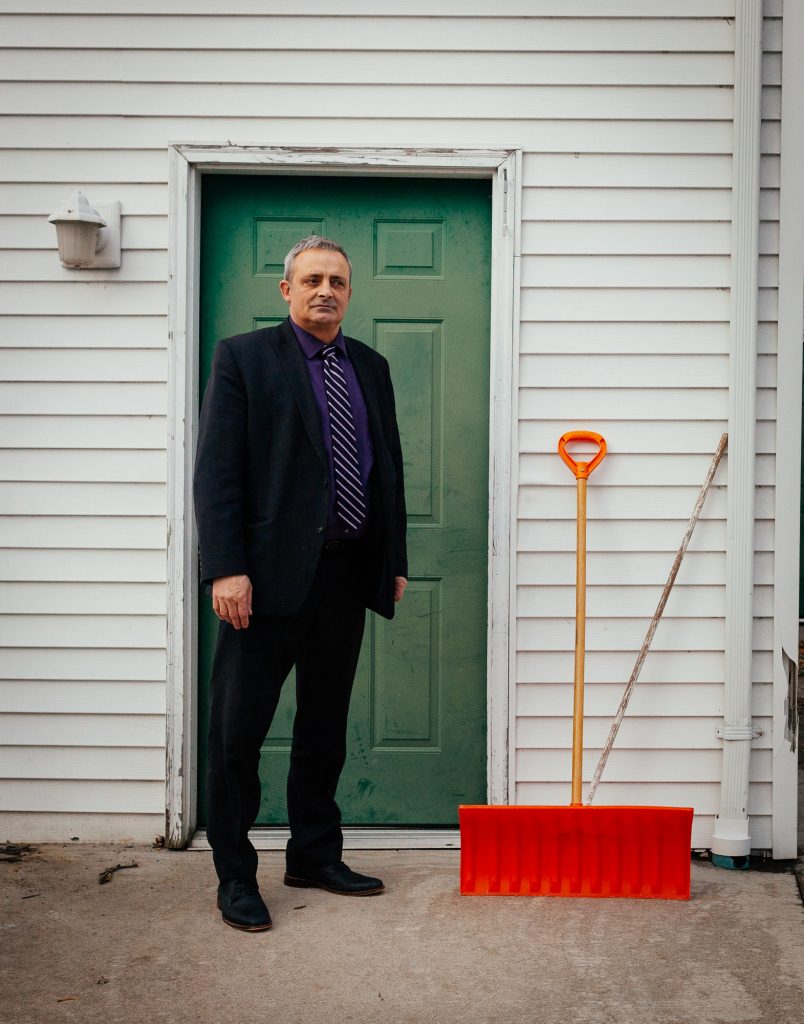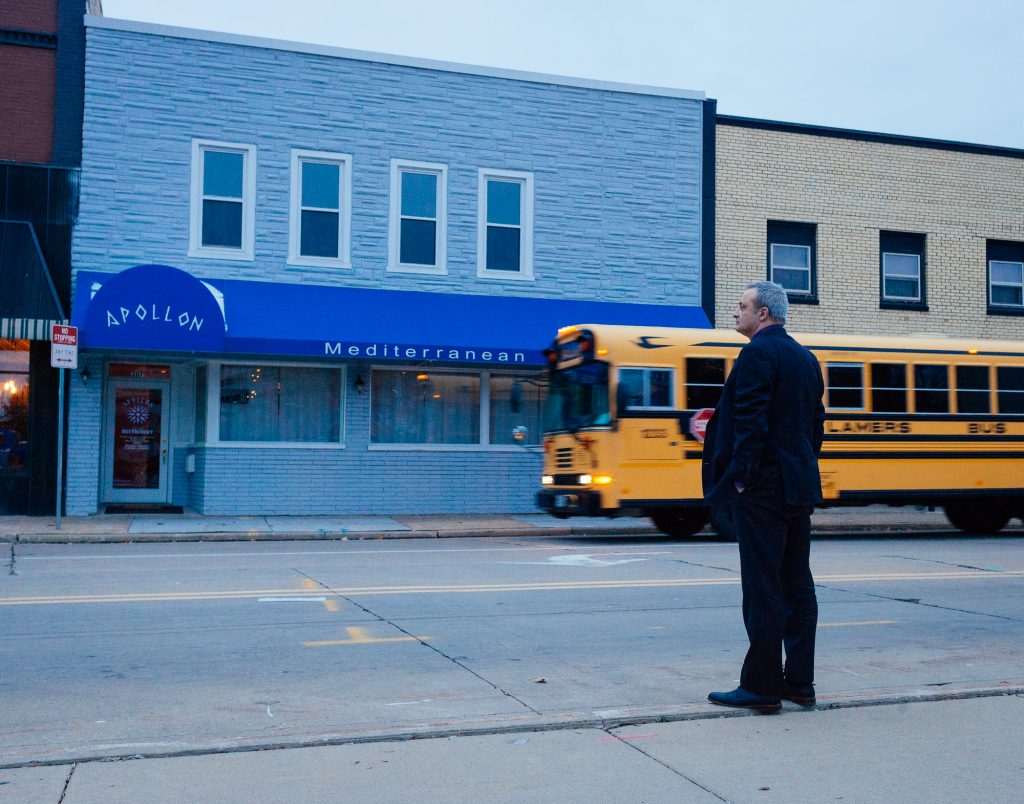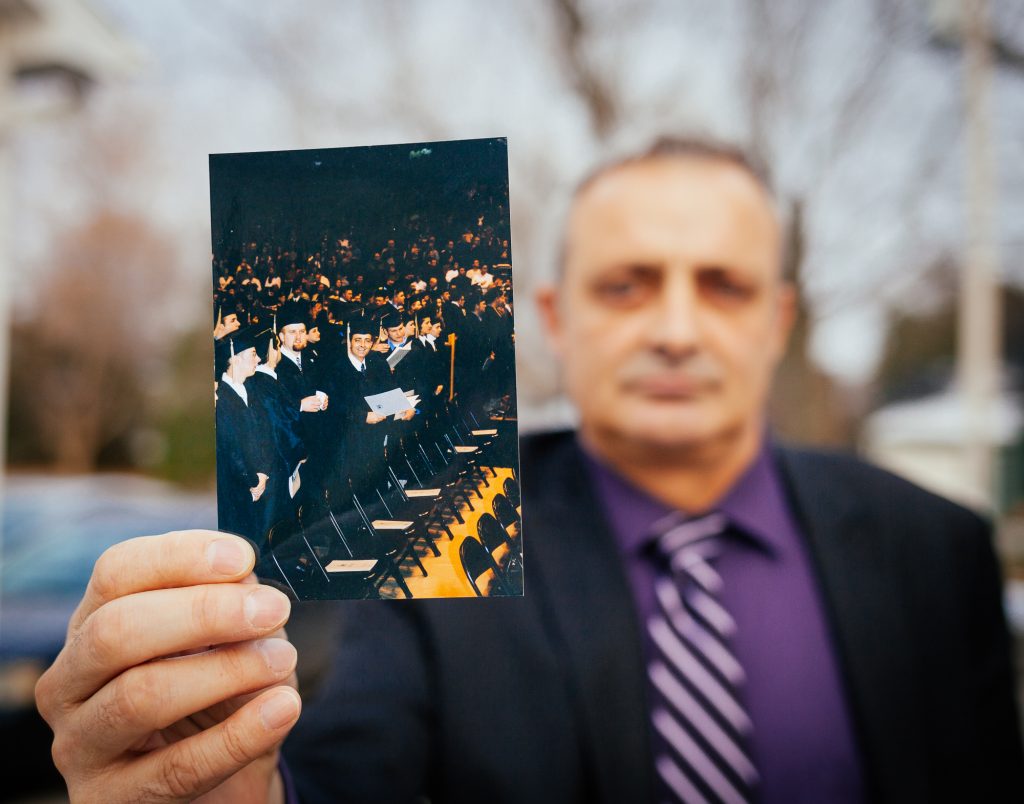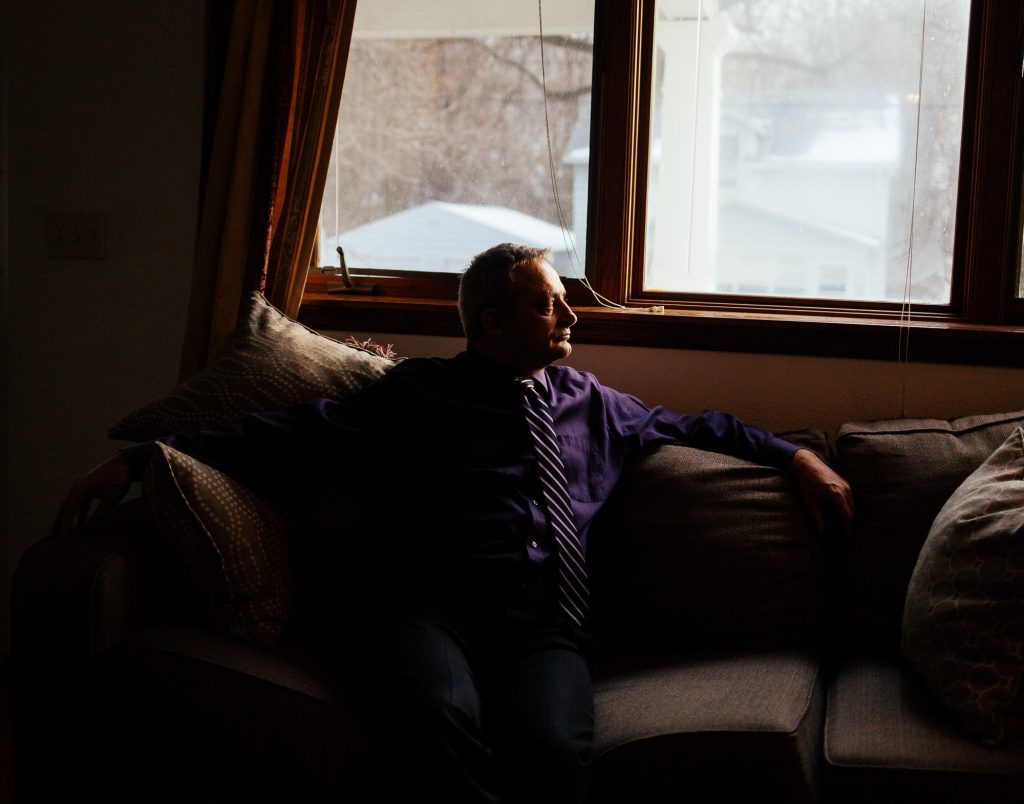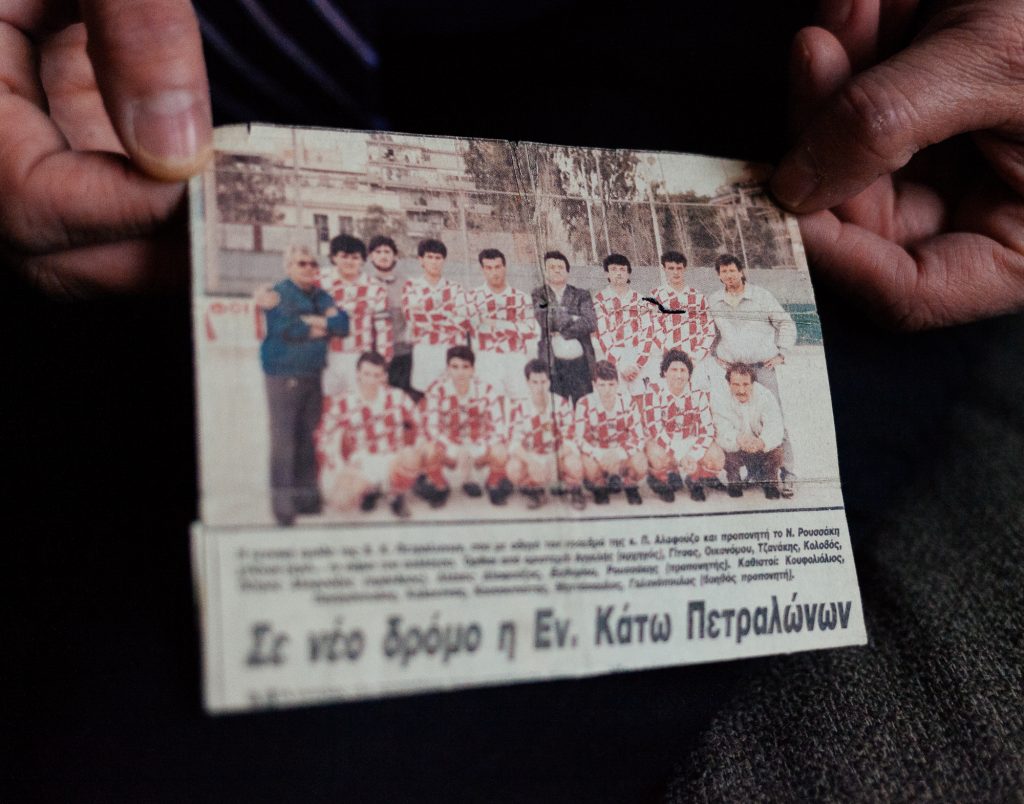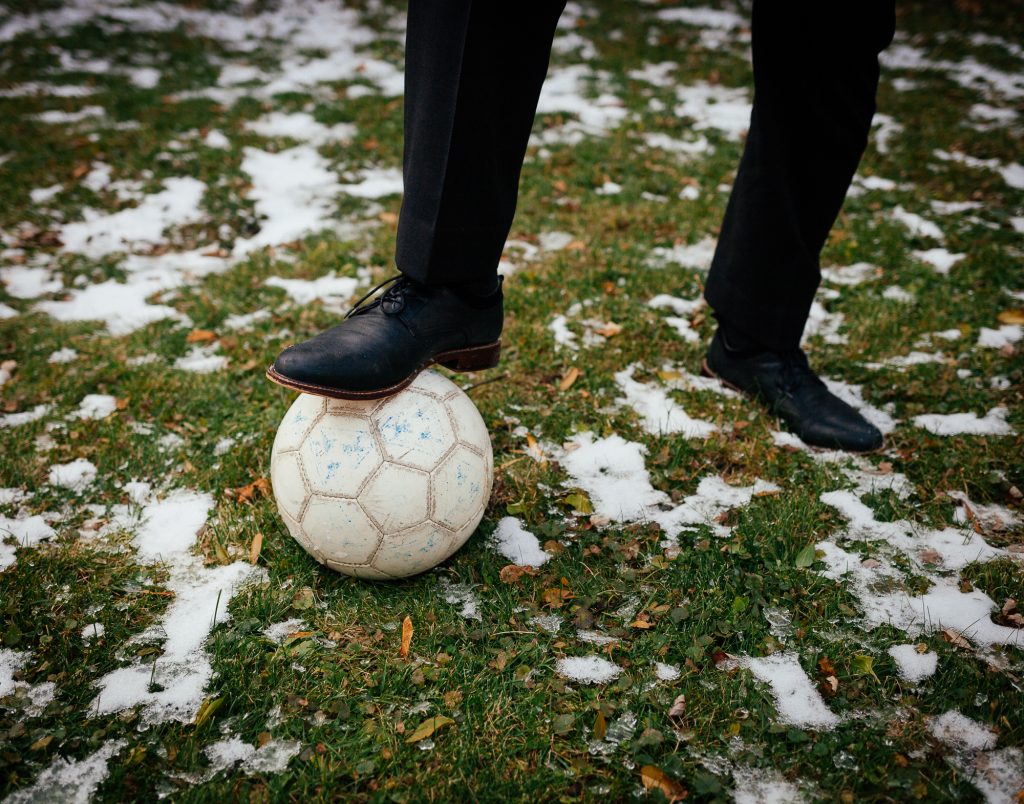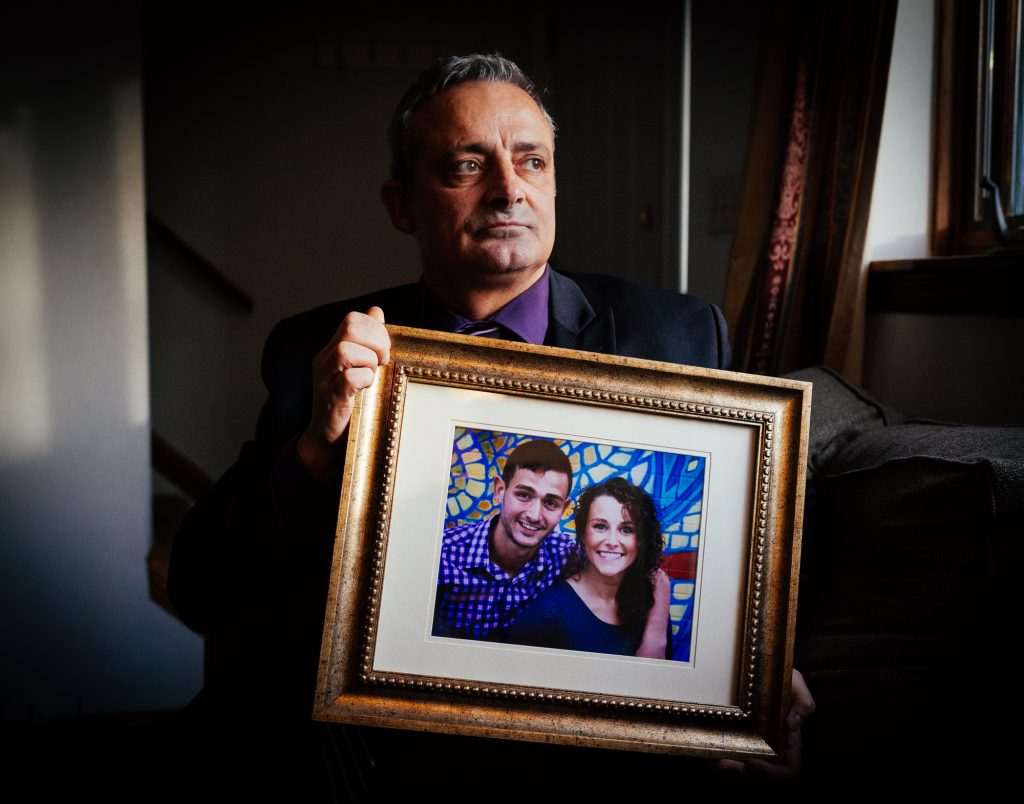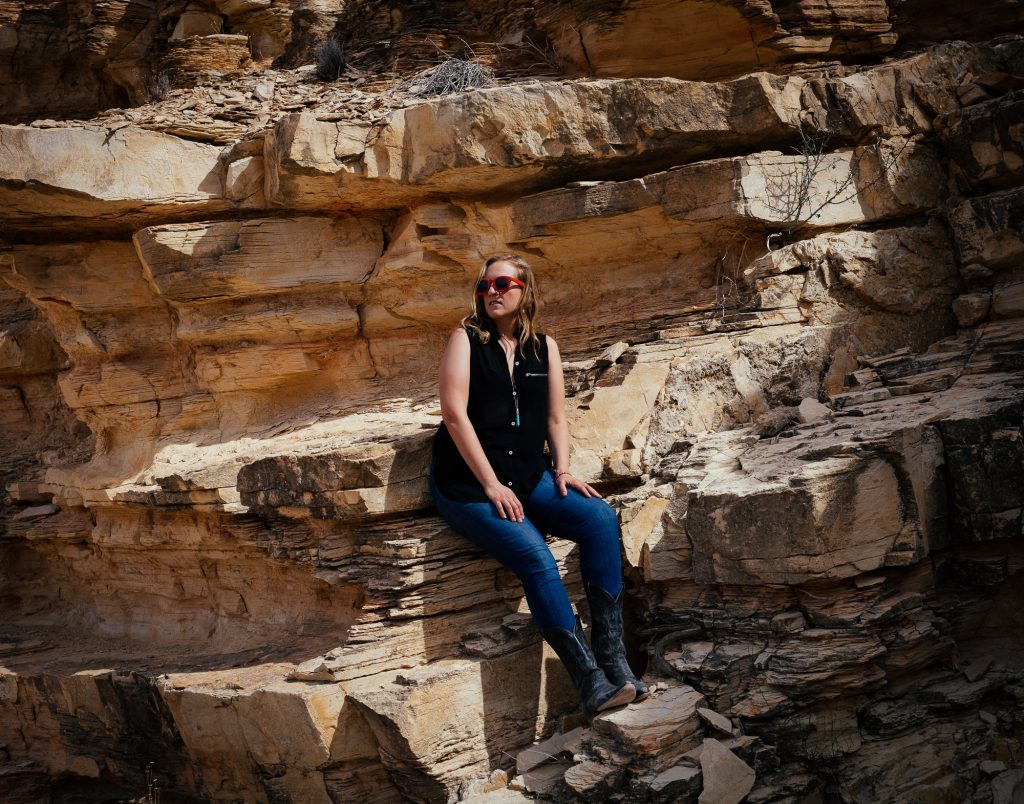
Family
Sarah’s parents were born in the US and met in Watertown, New York – right across the border from Canada. Her mom was a young reporter for the Watertown Daily Times about to go study at Harvard, and her father was a new graduate of Columbia’s journalism program.
“My dad waltzed in with his big-city look with bell-bottoms and platform shoes. He was the new editor.”
Sarah’s grandmother did not like her 18-year-old dating this 25-year-old. They dated that summer and then Sarah’s father moved to Sudbury, Ontario to work in radio and television. After Sarah’s mother graduated from university she joined him and got a job at the local Sudbury newspaper.
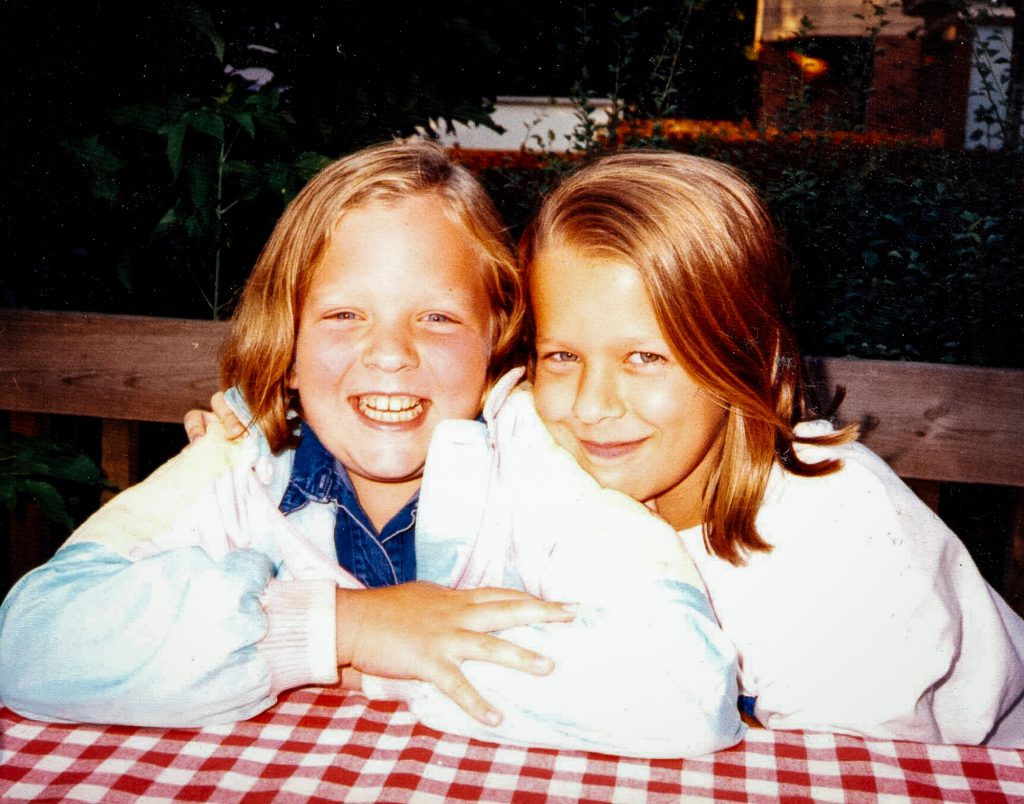
Sarah’s parents moved to Ottawa, Canada’s capital city, and had Sarah, their second child. When she was three, they moved to Toronto, Canada’s largest city. While in Toronto her father founded YTV, a popular children’s TV channel. When Sarah was 12, the family moved from Toronto to the nearby suburbs of Oakville.
Trash Talking Canadians
Looking back, it bothers Sarah how so many Canadians “talk trash” about the US. She felt defensive from a young age as a daughter of Americans. Sarah wanted to ask those critiquing the US: “what do you really know about America?” For example, Canadians like to pretend that they are more environmentally friendly than their American neighbors. In reality, Canadians just have more space, but individually, they still create just as much pollution.
“Canadians spend so much time looking at what’s going on in the United States and laughing. They don’t stop and look at what’s going on in their own country.” (audio below)
California Dreaming
Sarah’s childhood dreams transitioned from being an astronaut, to an archeologist, to camp director, and then a teacher. The one dream that stayed consistent was for Sarah to one day become a professional singer.
In fourth grade, Ken Whiteley, a Canadian roots music legend, visited her English class and helped the students write and record songs on cassette tapes.
“I was already making songs and singing them to my stuffed animals, but that was the first time I realized it was a job!”
Sarah picked up the guitar in seventh grade and couldn’t stop writing songs. She dreamt of moving to California to perform.
“Singing is instinctual. It’s definitely therapy. It helps me understand things. If I’m writing a song, I might start with a problem and by the end of it have a solution. It’s mostly about feelings and relationships and experiences – difficult situations mostly.” (audio below)
University
Sarah studied English Literature and Film Studies at Queen’s University in Kingston, Ontario, thinking she would one-day work in film. The experience wasn’t as expected. Sarah didn’t connect with her profs, and it was clear it wasn’t what she wanted to do. Despite not liking her degree choice, she did enjoy the extracurriculars. Sarah worked for a poetry magazine and helped organize local concerts.
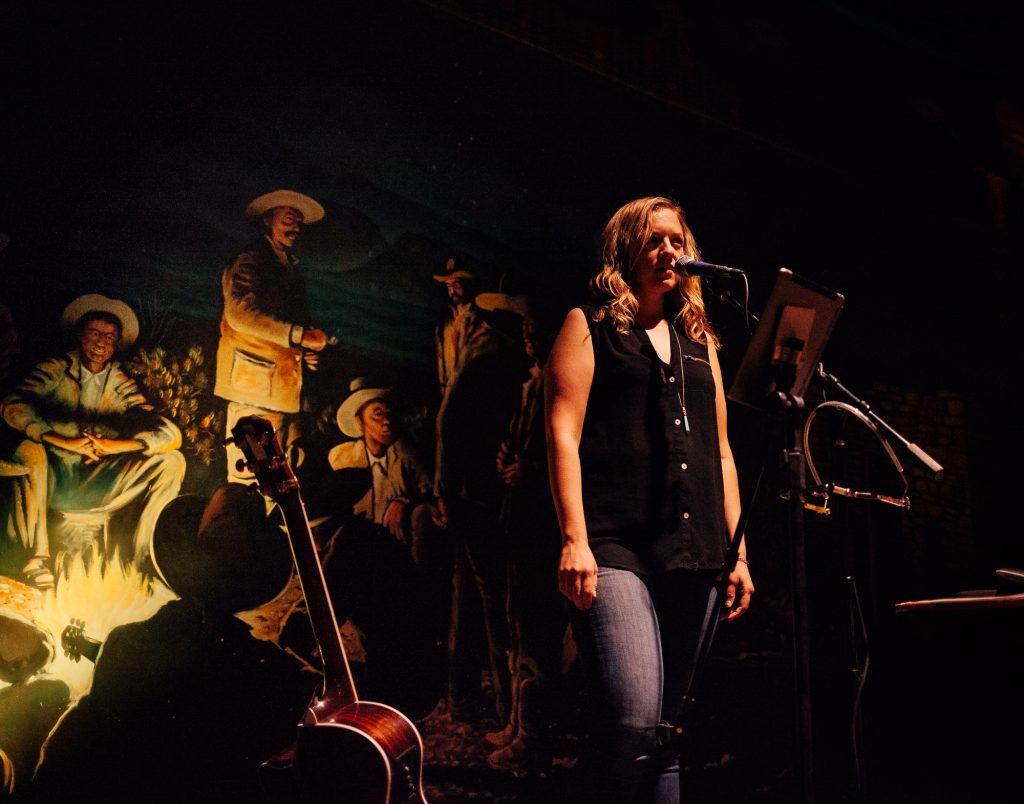
Open Mic
Sarah went home for the summer to Oakville to serve in restaurants. One of her coworkers had recently graduated from a prestigious music school. After hearing some of Sarah’s songs he dragged her to a busy local cafe’s open mic night. Sarah, 21 years old, hadn’t performed in front of a crowd since an eighth-grade talent show, but she got up and sang. When she finished everybody clapped.
“It was the most exhilarating performance of my life.”
After that Sarah played some shows at university pubs but she still didn’t believe that she could make a career of music.
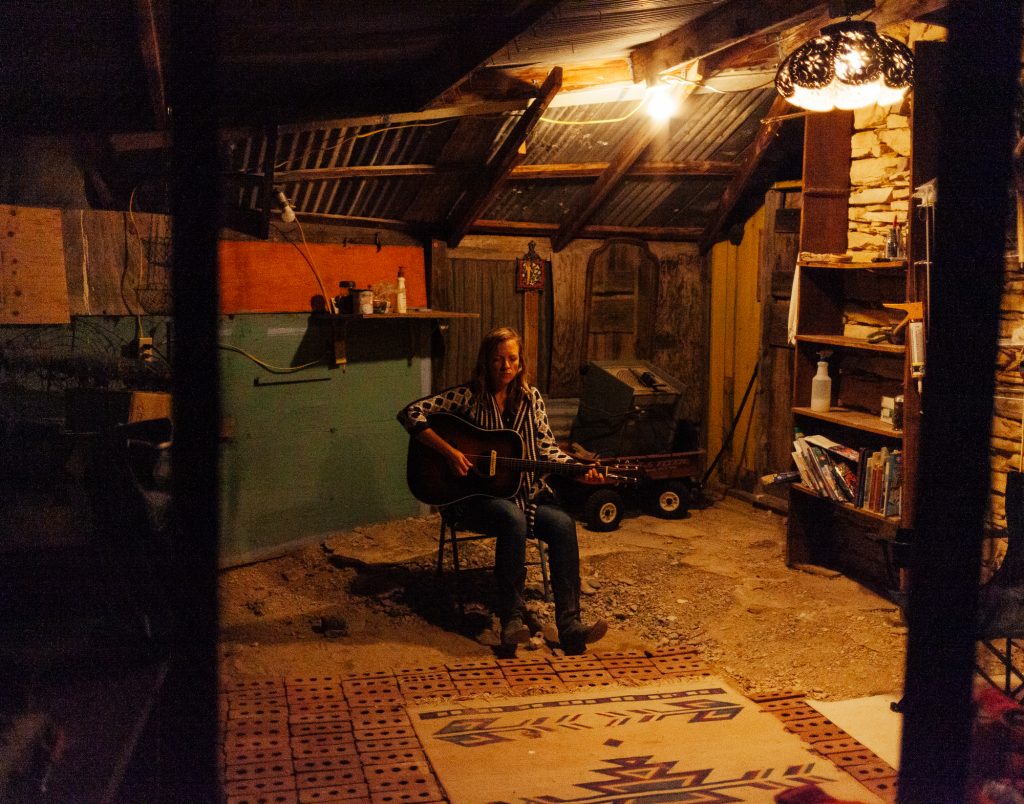
Backpacking to Busking
After graduating from university, in 2004 Sarah had saved up enough from waitressing to go backpacking Europe. Along the way, Sarah waitressed, had a desk job, and even worked as a preschool teacher.
Sarah figured that when the trip finished, she was going to return home and start a career. In the back of her mind, she knew that music was what she wanted to do, but she had never done it to make money. She decided to see if she could make money with her music on the streets of New Zealand. With a ukulele and a borrowed guitar, Sarah went out in Auckland to busk.
“Being originally a very shy kid, it was always the most terrifying thing, but I would fantasize about it as a kid. I would have to sing my way to make money to buy a train ticket to get home.” (audio below)
Soon enough, she was making more money in the streets than all her other jobs. Sarah started hitchhiking around New Zealand, busking on the road during the day, and sleeping in a tent at night. She even stayed in a commune for a bit.
Flailing Around
Sarah returned to Canada and enrolled in a music program at Seneca College. After graduating she “flailed around trying to figure out how to work as a musician.” Slowly Sarah started to make a living by touring and in 2010 she booked her first tour to California. After the tour, life wasn’t going so well: Sarah had a bad breakup, she put out a record that didn’t sell, she threw her back out at her waitressing job and played shows while in pain. She was depressed and struggling to make ends meet financially. Sarah decided that she needed to return to the US to tour again.
Sarah thought about how nice it would be to find a small town in a warmer place where she could plant some roots. She wanted to own a house – an impossibility in Toronto. A friend recommended that she check out Terlingua, Texas, so Sarah booked a gig at the Starlight Theatre for her tour.
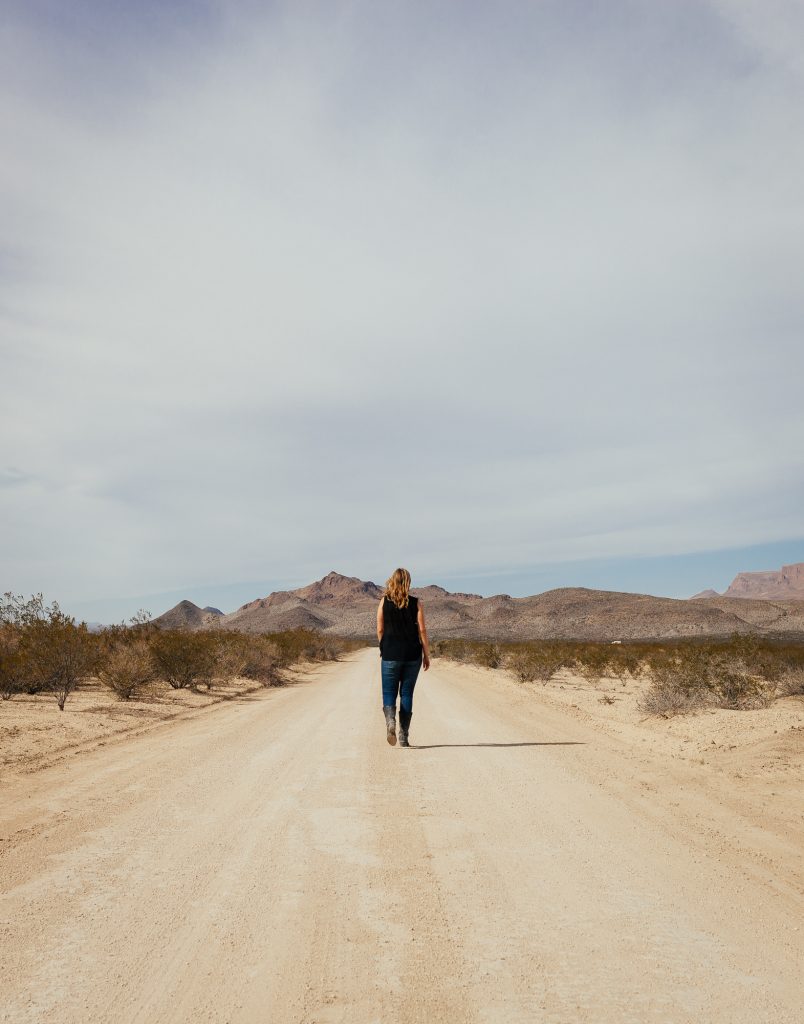
Moving South
It was April 2015 when Sarah first arrived in Terlingua, Texas, also known as, “Ghost Town”.
“I got out of the car at the Starlight, and I thought, ‘I’m finally hot enough!’ ”
After that tour, she returned to Canada and started looking online at buying land in a warmer climate. She finally decided on Los Angeles. She was thinking she had to be in a big city if she was going to make it in music.
The plan was to save up money bartending in Canada, return to Terlingua, chill out for a bit, and then continue to Los Angeles to live. But Sarah didn’t make as much money as she thought she would bartending- it wouldn’t be enough for first and last month’s rent in LA. Still, she got in her minivan and headed south, unsure how she would be able to afford life in California.
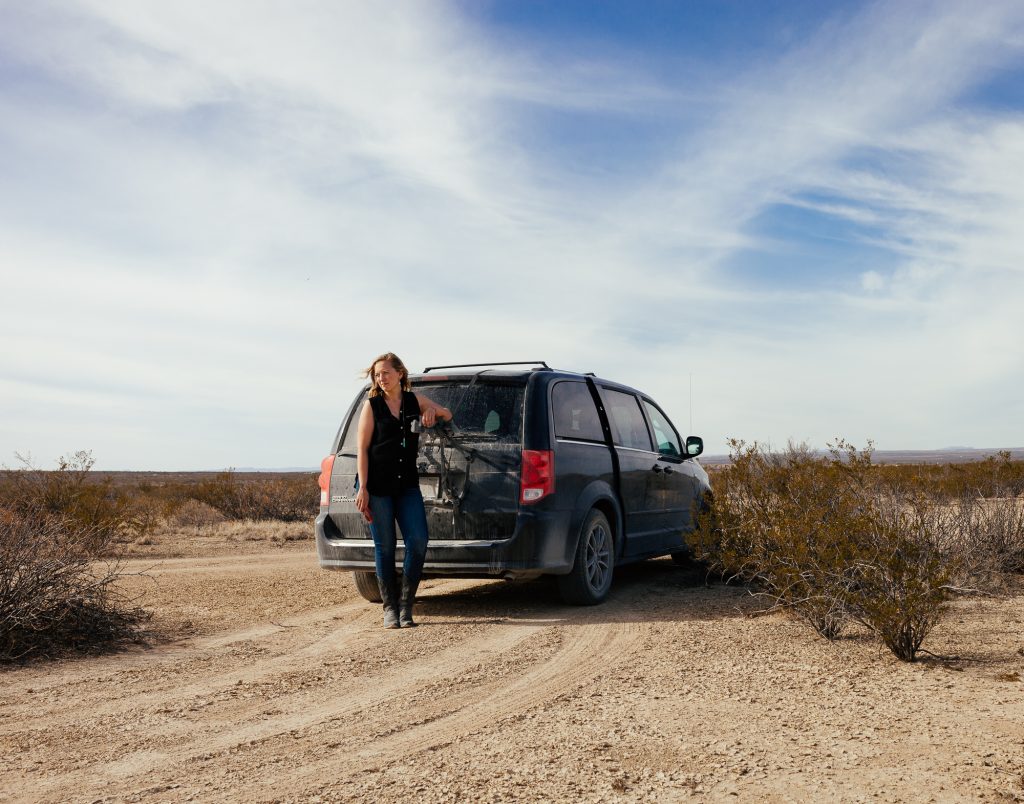
To make financial matters worse, Sarah got robbed right after crossing the border. While she played her first show in Detroit, someone broke into her minivan and stole her acoustic guitar, laptop, and hard drives. (audio below)
Change of Plans
Despite the robbery, Sarah arrived in Terlingua in 2016. She still planned on only being there for a month before moving on to LA. Sarah lived in her minivan – a friend built her a bed in the back. She booked a bunch of shows, and before Sarah knew it, she was working three jobs.
“I needed the money, and there was a lot of work here. In this town, if you are willing to work, there is a job for you.”
She decided to stay longer, work, and make money, still thinking she would go to LA. Then she met a guy and started thinking; maybe she didn’t need to leave Terlingua.
“Not to be a super cheeseball but happiness was something I was on a quest for. I never felt truly happy, and one day I was at brunch, and I was like, ‘I’m actually happy! I finally get it.’ To access it, I had to travel all over North America and find this little town.”
Terlingua
Sarah describes Terlingua as a hot, dusty, old mining town at the foot of Big Bend National Park. It’s a place with an eclectic mix of people: Mexicans because it’s close to the border, “wanderers”, “artsy types”, “lost souls” and, of course, tourists.
“It’s hard to say politically where the town stands, but everyone seems to get along.” (audio below)
Sarah explains how some people “hermit” in Terlingua – people you would never see on the porch of the Starlight (a regular gathering spot).
“Most people come here as far as I can tell because it’s a place you can start something from nothing. The house we’re in is a combination of a historic rock building and a bunch of garbage. There are a lot of places like that here.”
My Land
Sarah ended up buying a little five-acre plot of land on the outskirts of Terlingua [see the above photos].
“They aren’t making any more land, so it’s good to have some. If all else fails and shit hits the fan in my life, there is a place I can go to that’s my own.” (audio below)
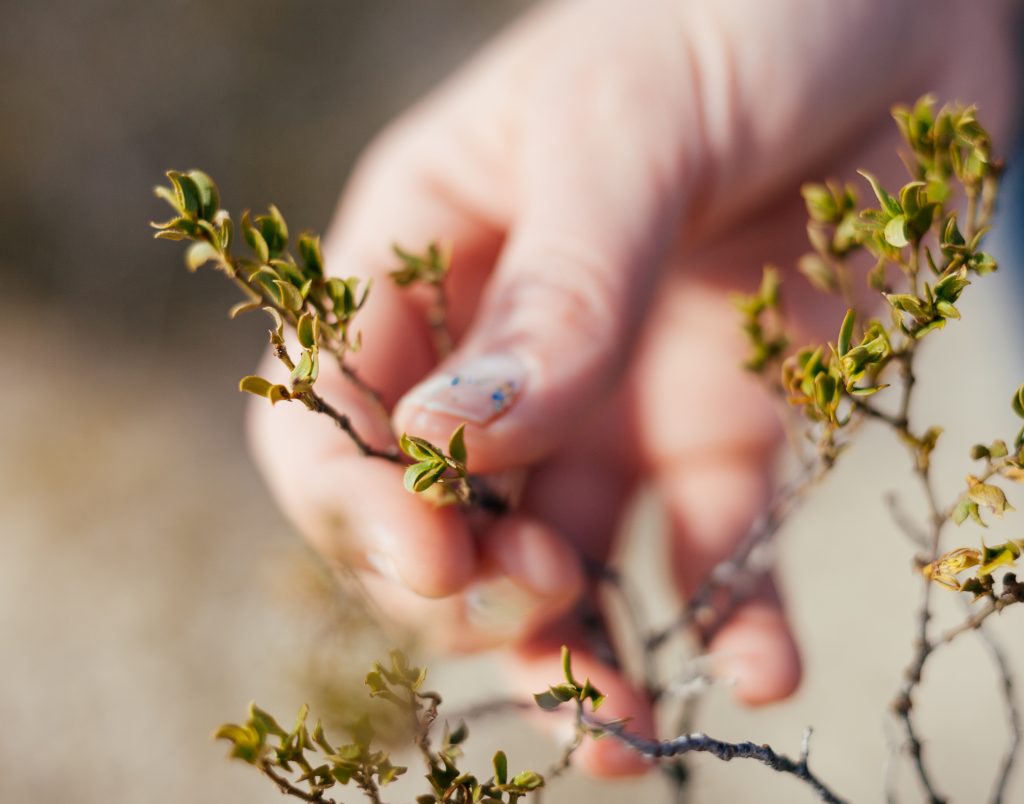
So far, Sarah has made the driveway of her home by hacking the creosote – a plant that has solid roots – with a pickaxe.
“It’s quite the experience digging up creosote. It’s a good workout and good therapy. I took out rage I didn’t even know I had, building that driveway!”
Guns
“I know someone in this town that has held a gun to a person’s head for no reason other than being drunk and mad. That’s not cool. It is a gun culture.”
Many if not most people Sarah knows in Texas have guns. She remembers going on a date once with a guy in Austin who wanted to show her his gun collection. It felt incredibly uncomfortable for a first date. Sarah isn’t against guns when used safely for hunting or recreation. Her dad, a US army brat, grew up learning about guns. When Sarah arrived in Texas, she did some shooting with hunting rifles “that felt appropriately hard to use”. What she finds scary are these tiny handguns that are so easy to use.
“You have this militant nation where everybody is ready to shoot. It’s really scary. I don’t think people need to have their guns taken away. I also don’t think anybody needs a semi-automatic weapon. If you look at what other countries have done after their mass shootings and you can statistically see fewer gun deaths, it seems so obvious.”
Still, she sees things starting to change in the wake of recent mass shootings. She knows of one local guy who took his automatic rifle, destroyed it, and put the video on youtube. Still, Sarah finds the topic of guns a hard thing to talk about with people around Terlingua. (audio below)
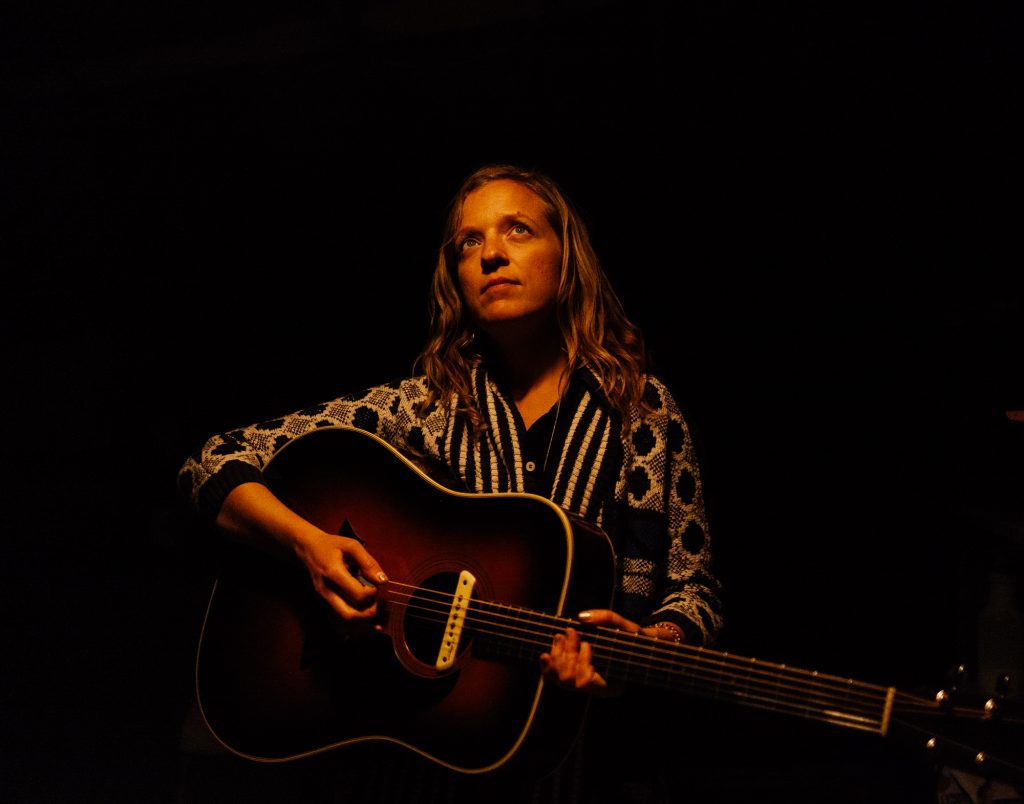
Future
Sarah hopes to build a house on her land in the future. In the meantime, she will continue playing music, traveling, connecting with people, and trying to make music that has a positive influence on the world.
Sarah says she used to be an activist, but found herself exhausted, broke and ineffective as an activist and a musician. Today she tries to live by the advice of Canadian-born singer-songwriter Neil Young who during an acceptance speech at the Junos told young artists wanting to create change to focus on their music first. He said they should try to reach as wide an audience as possible, and then think about what cause they wanted to work towards. At that point, their message will be a lot stronger.
*Update: Sarah moved back to Canada due to the Covid-19 and work no longer being available in Texas. Still, Sarah is building her house in Terlingua. She plans on dividing her time over the coming years between Canada and the US. To find more of Sarah’s work visit her website.
#FINDINGAMERICAN
To receive updates on the book release and exhibition of “Finding American: Stories of Immigration from all 50 States” please subscribe here. This project is a labor of love and passion. If you would like to support its continuation, it would be greatly appreciated!
© Photos and text by Colin Boyd Shafer | Edited by Kate Kamo McHugh. Quotes are edited for clarity and brevity.




